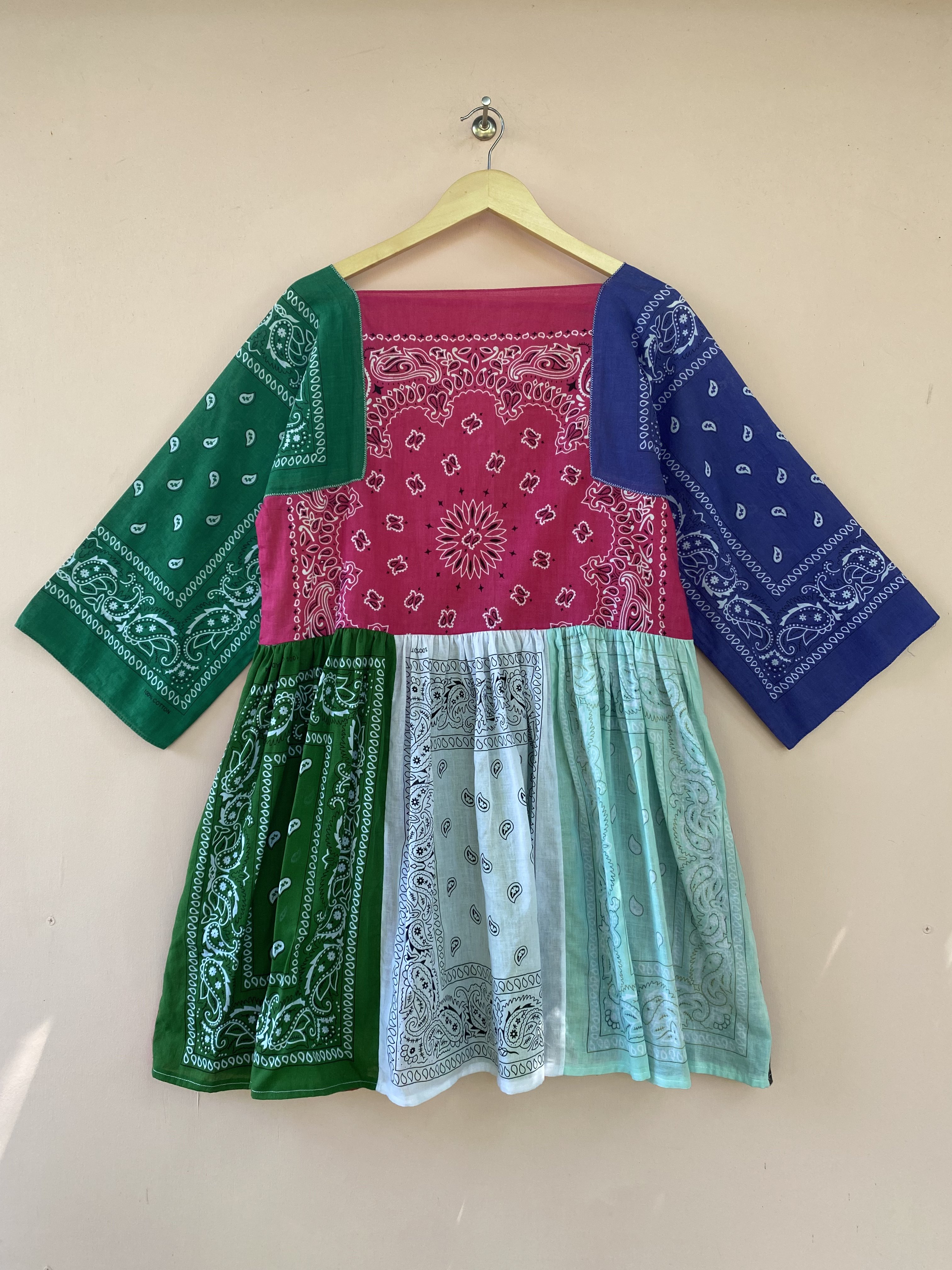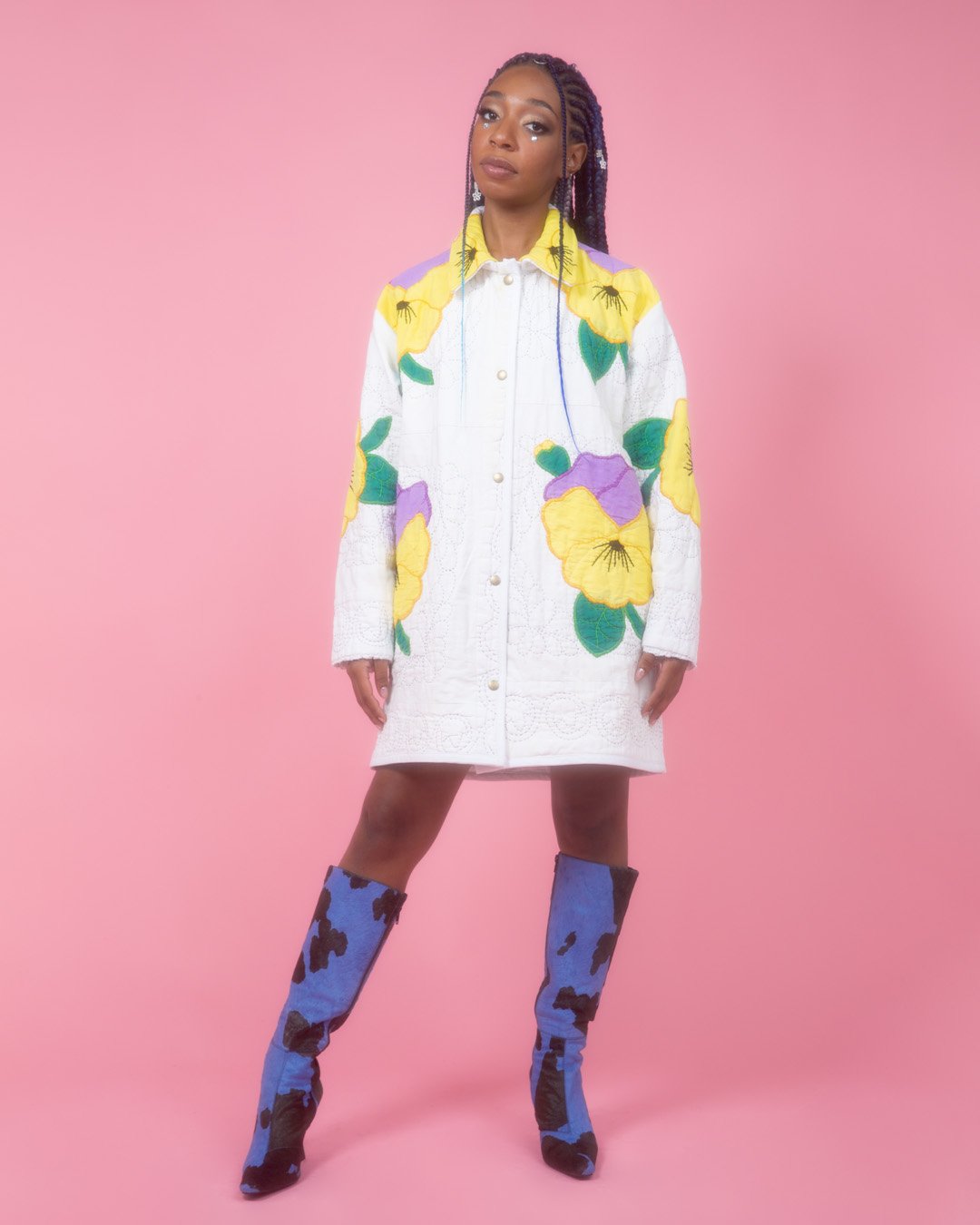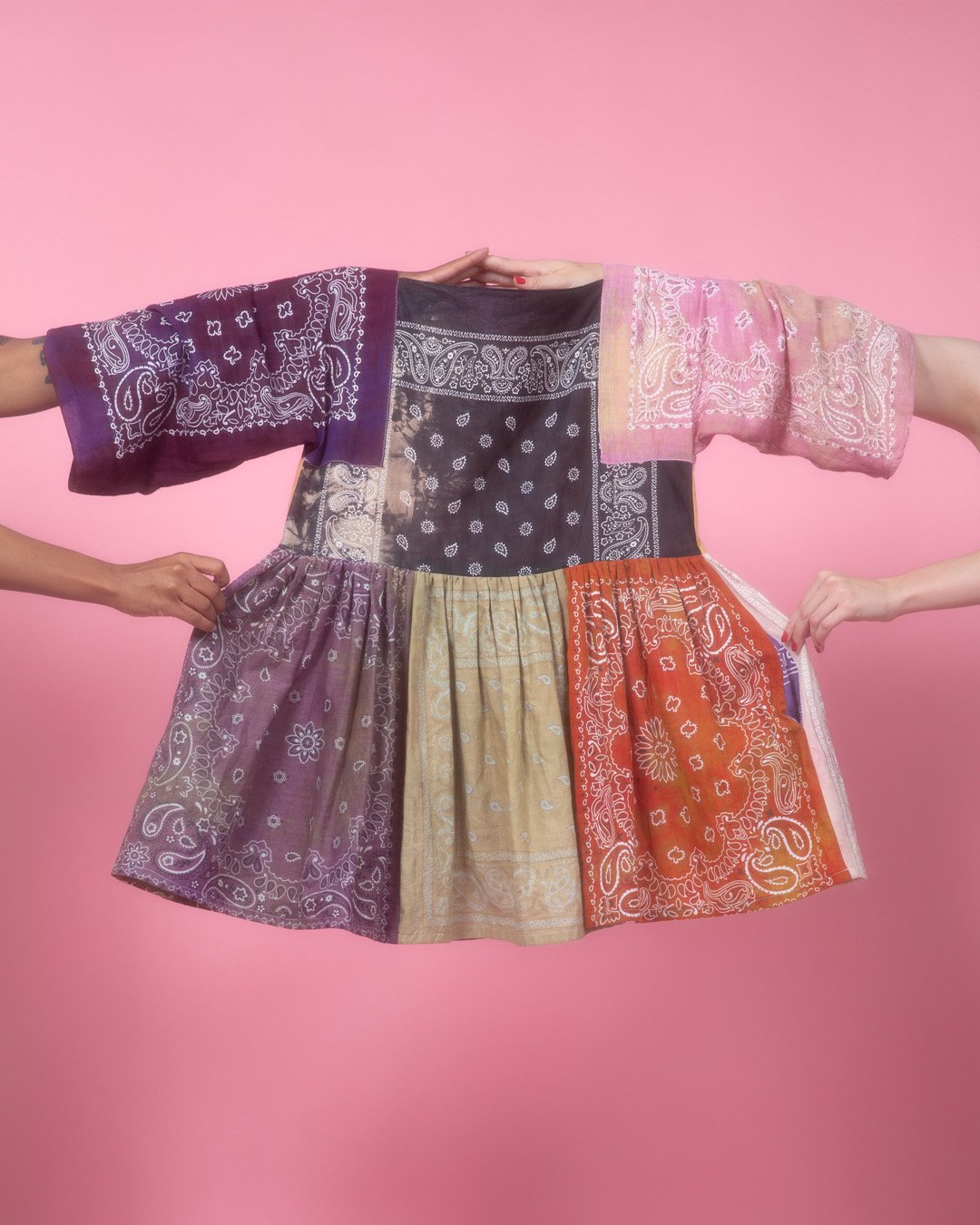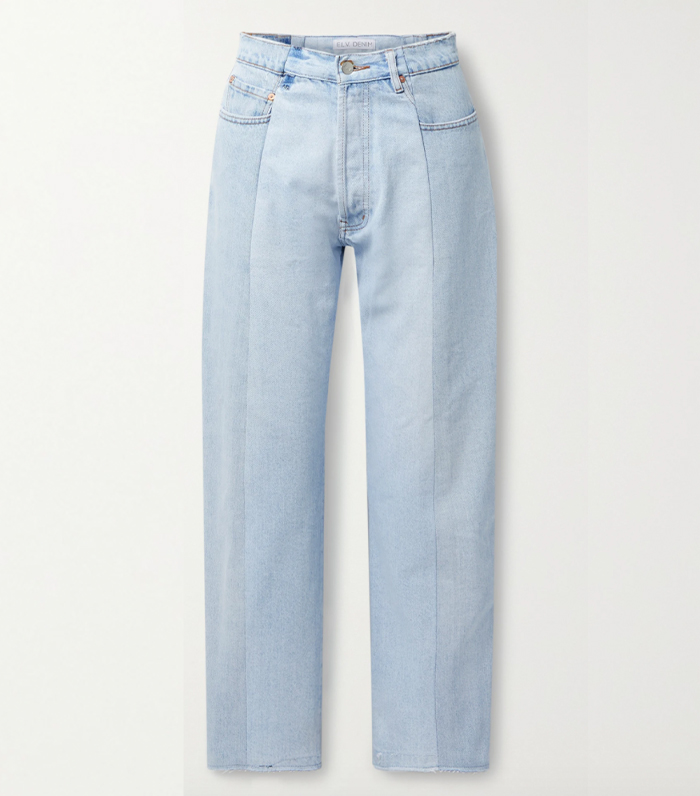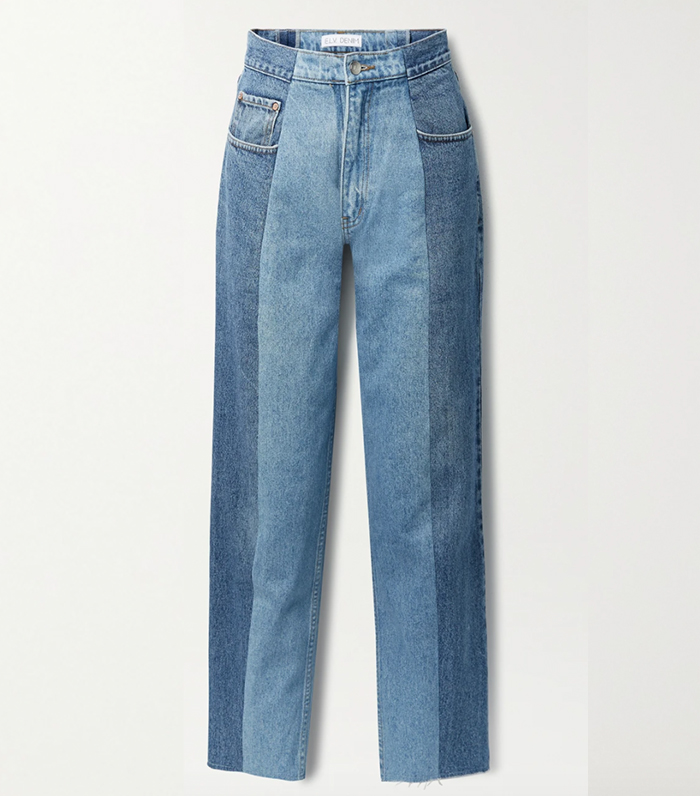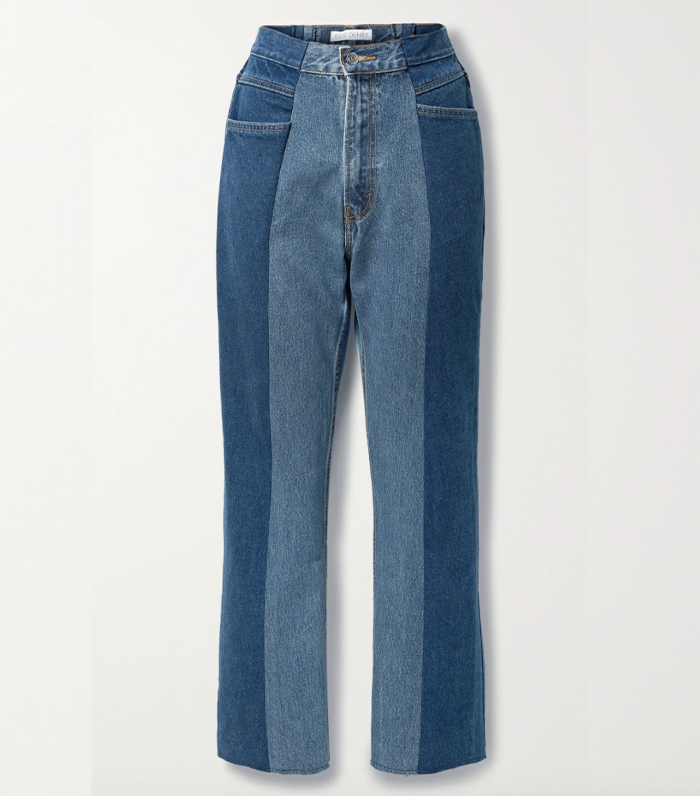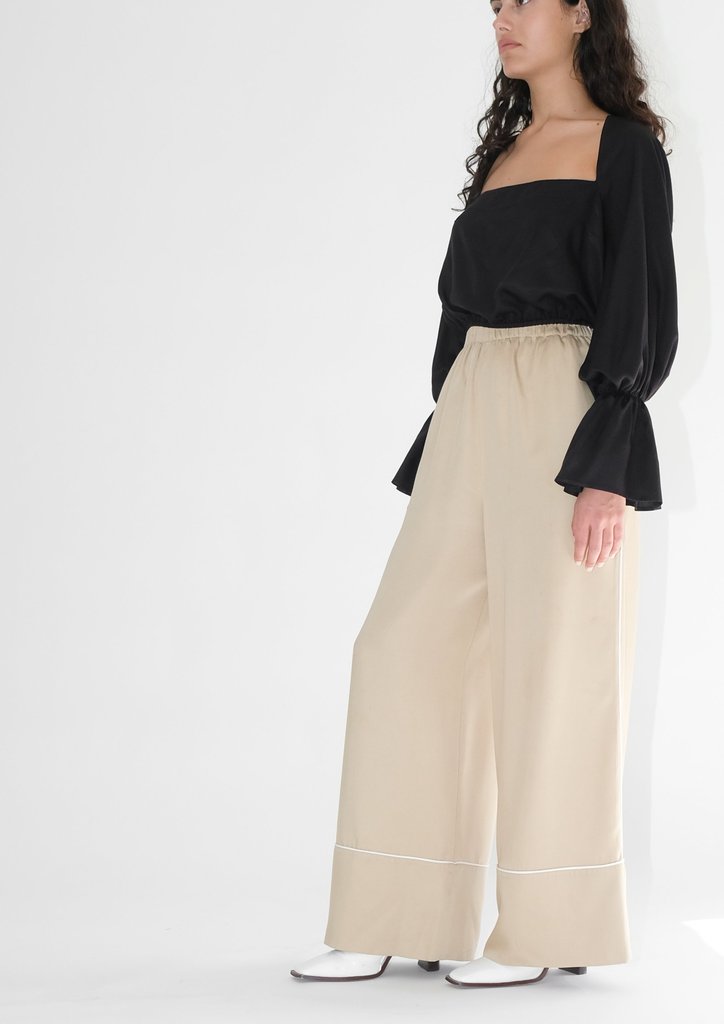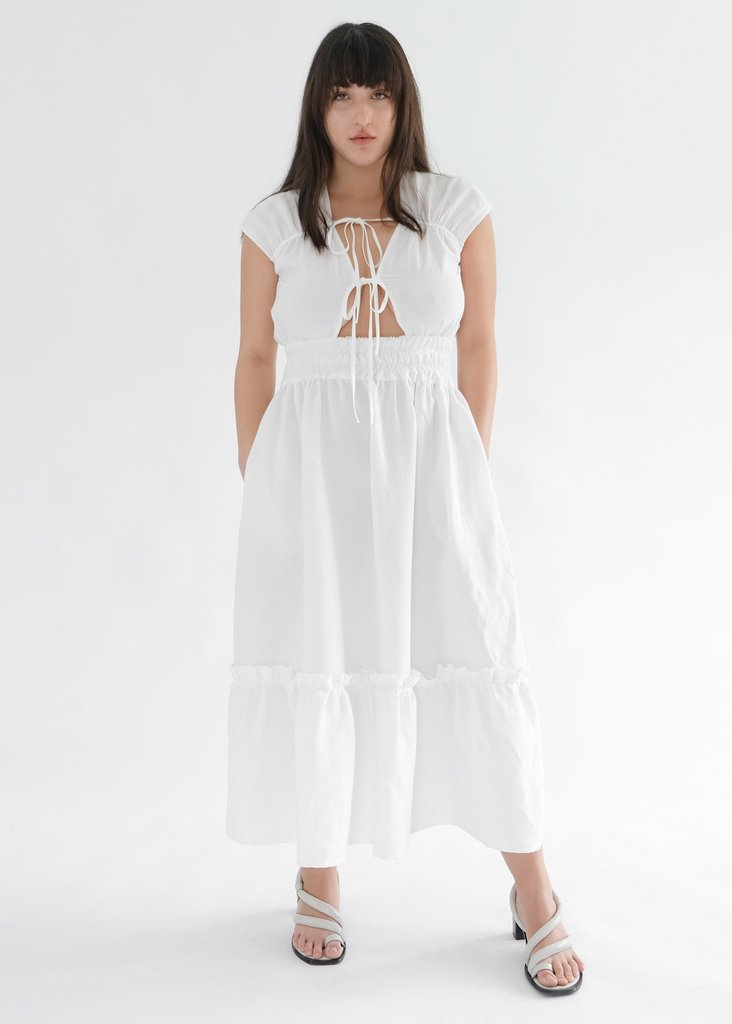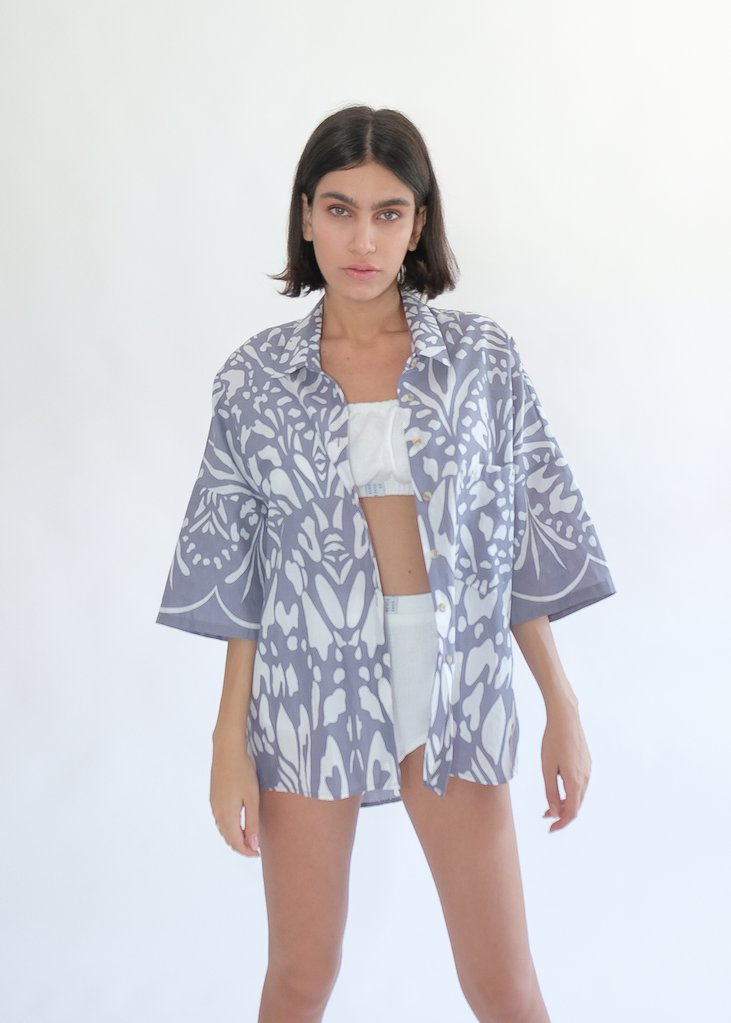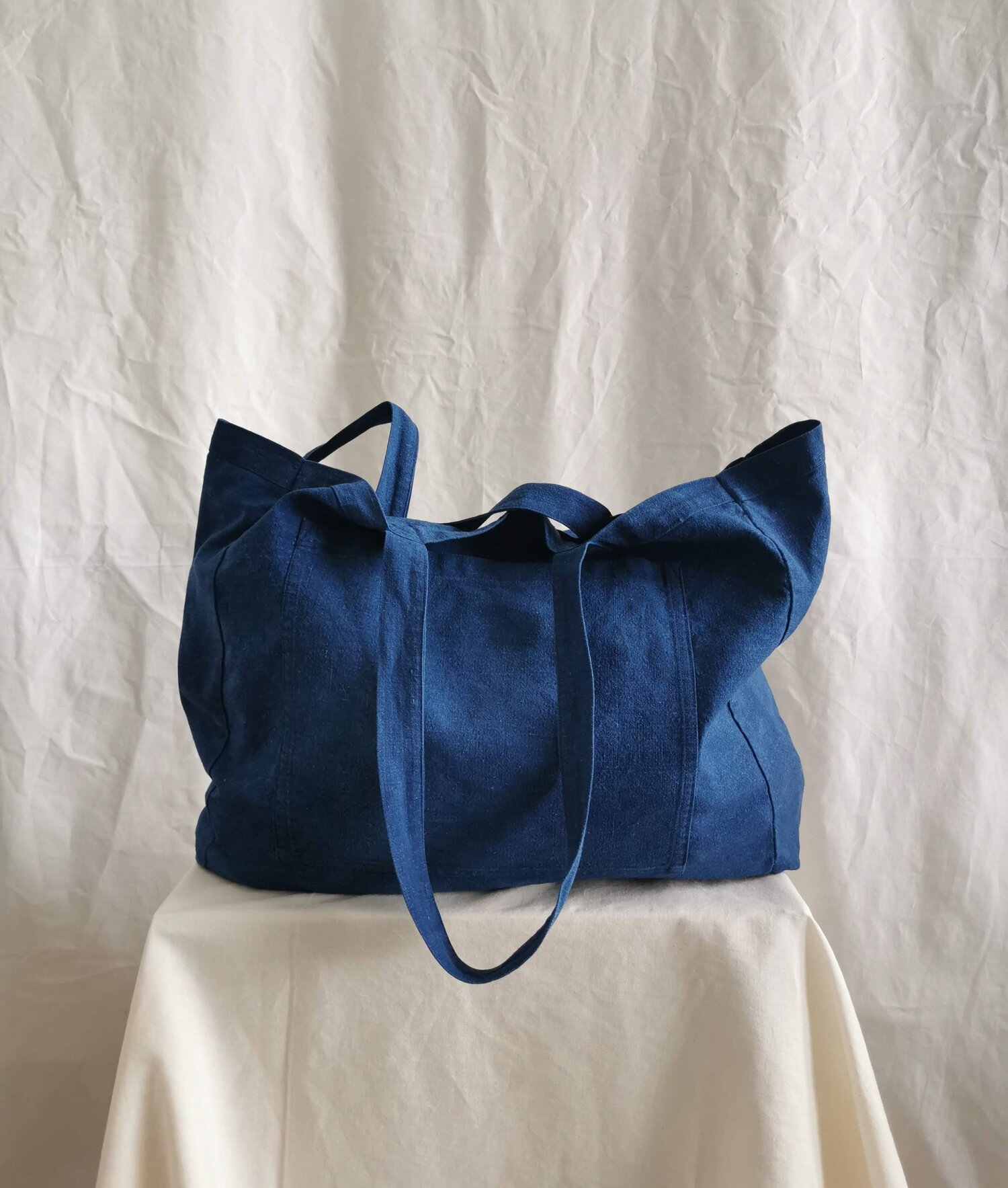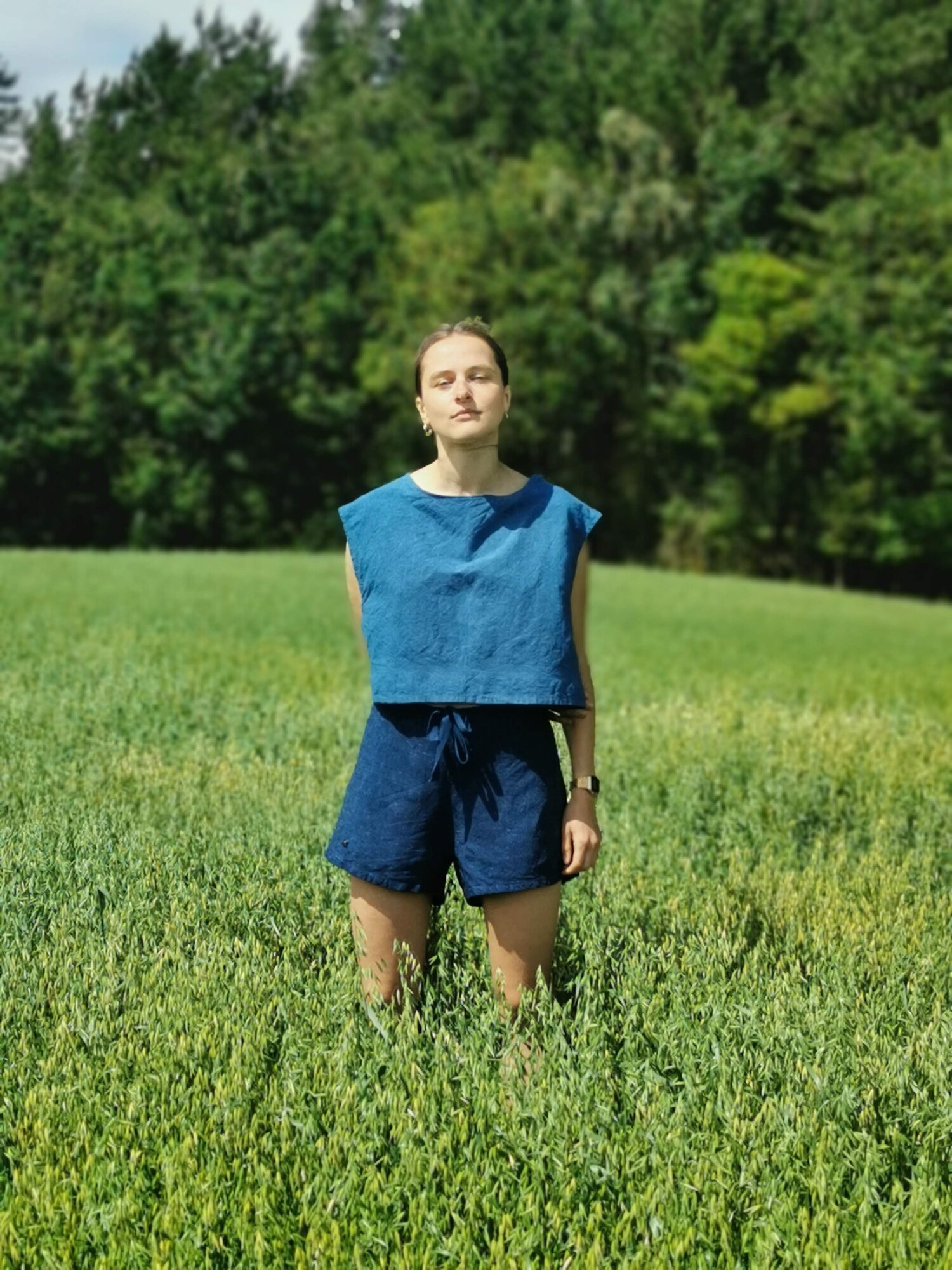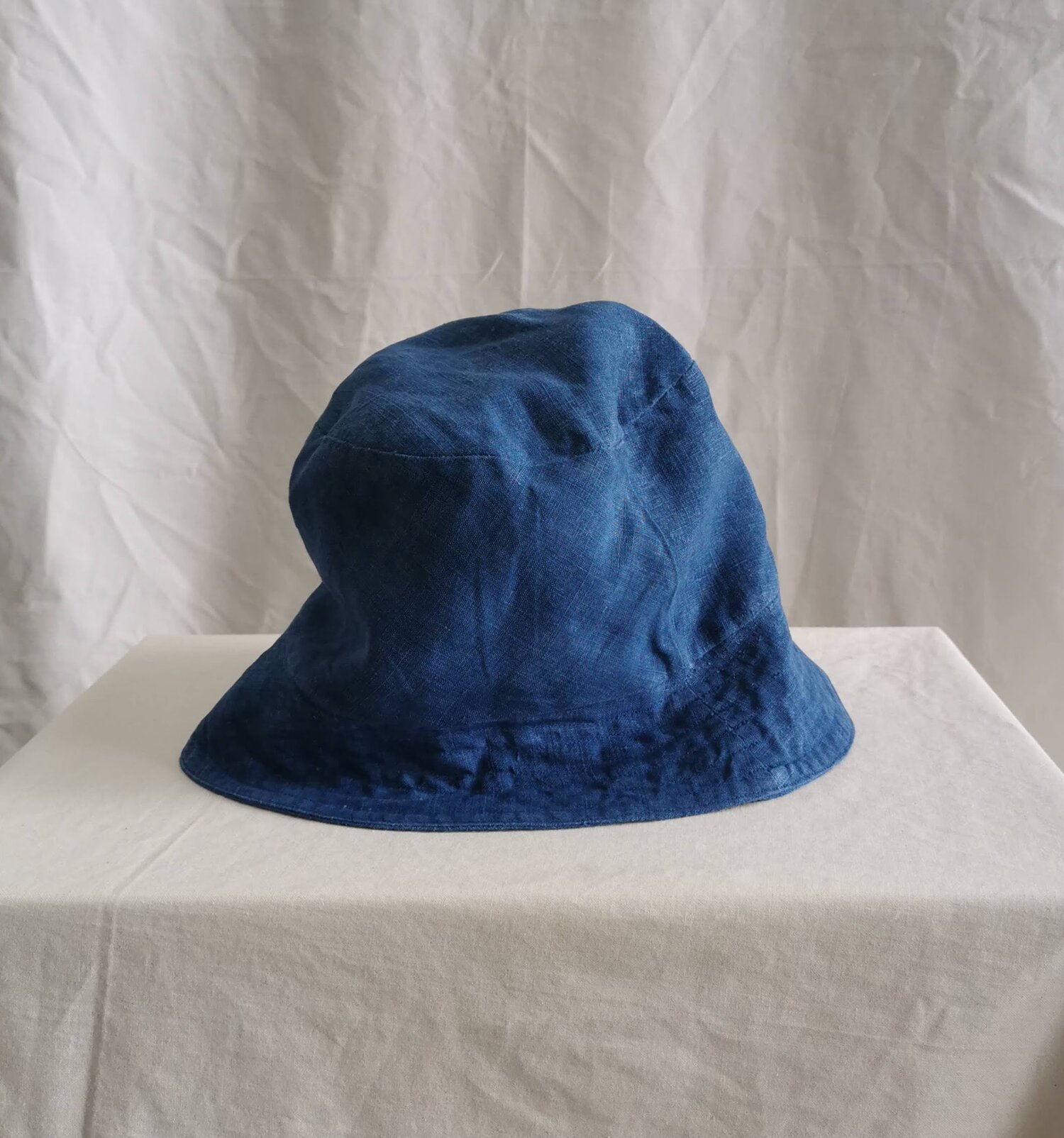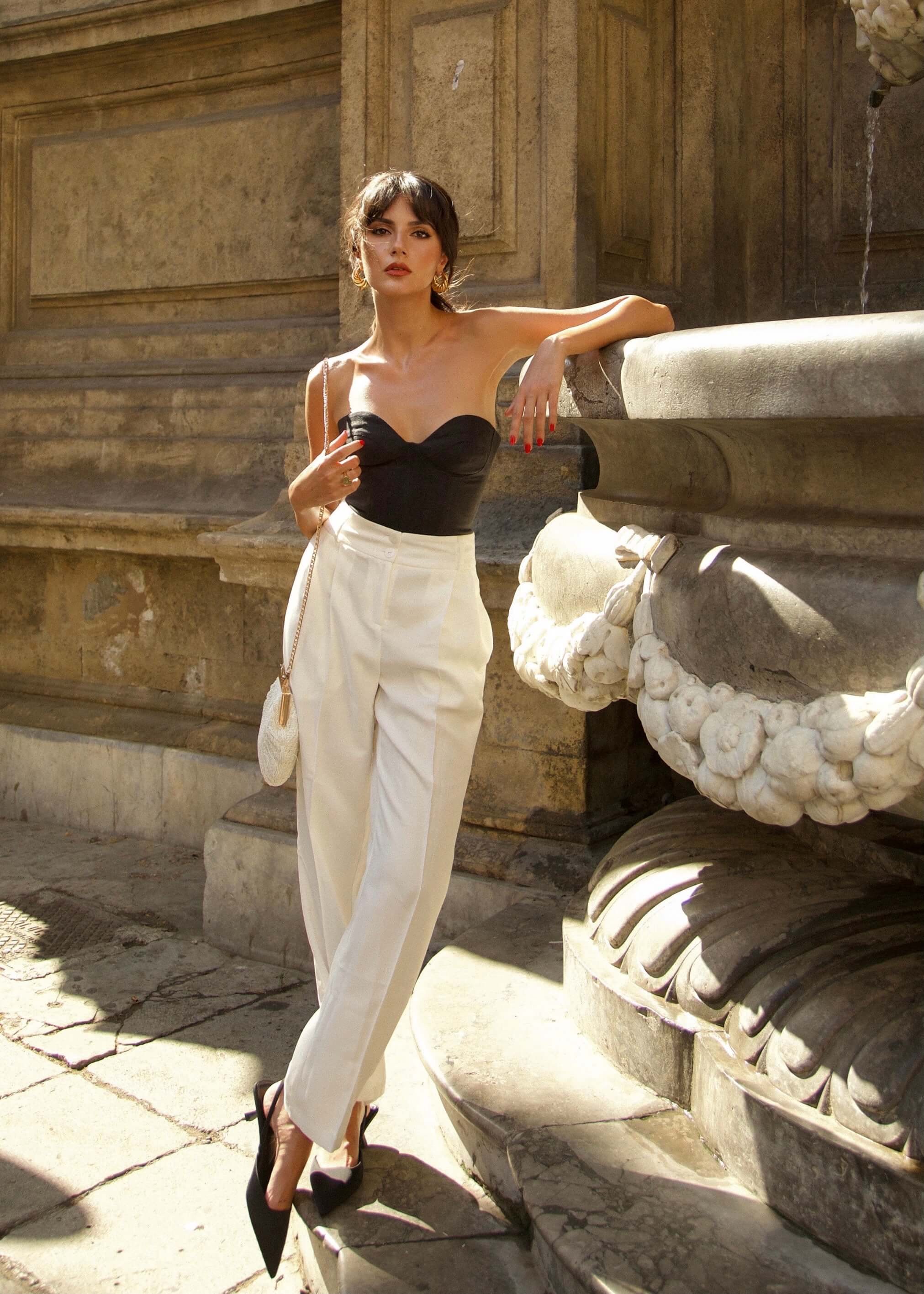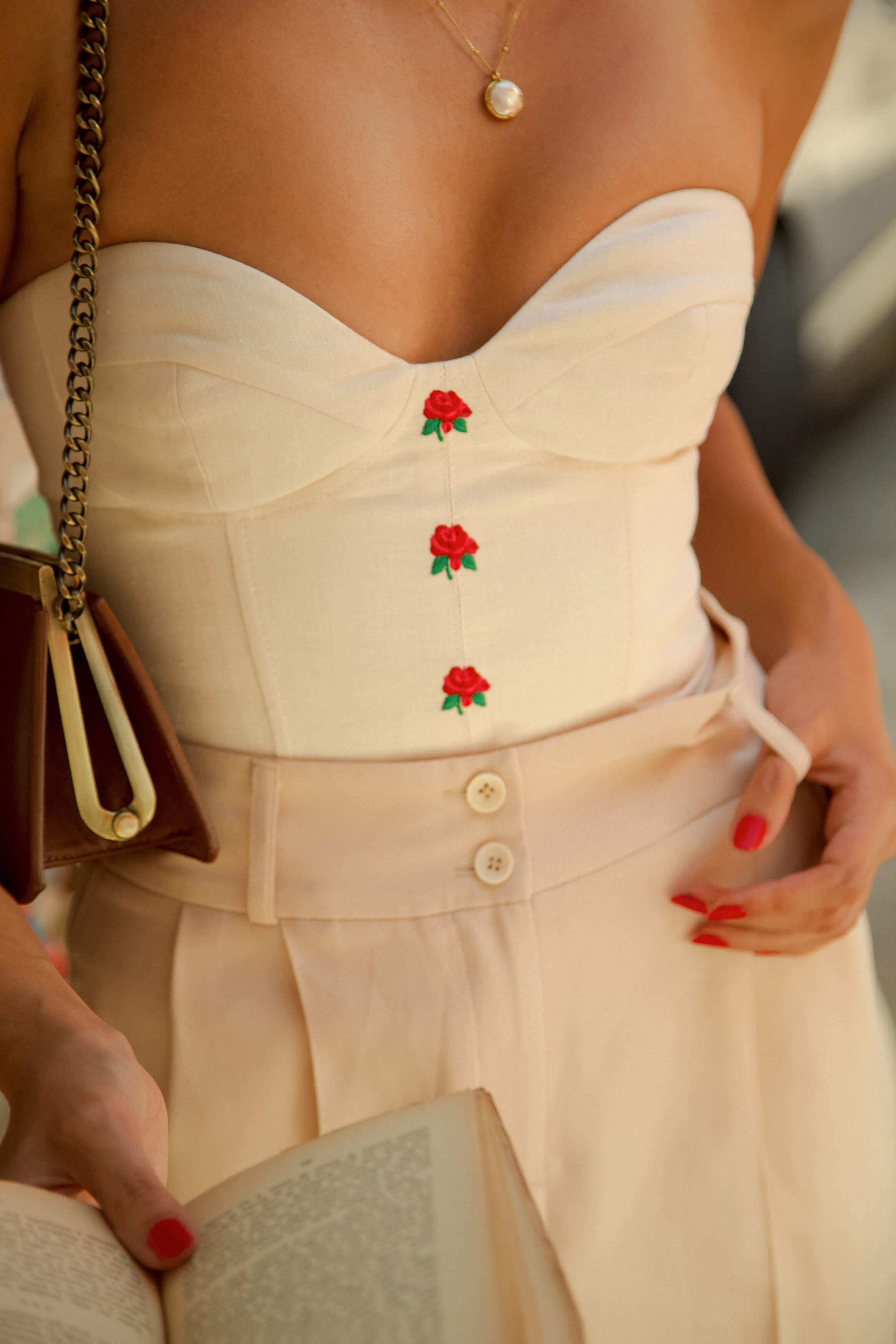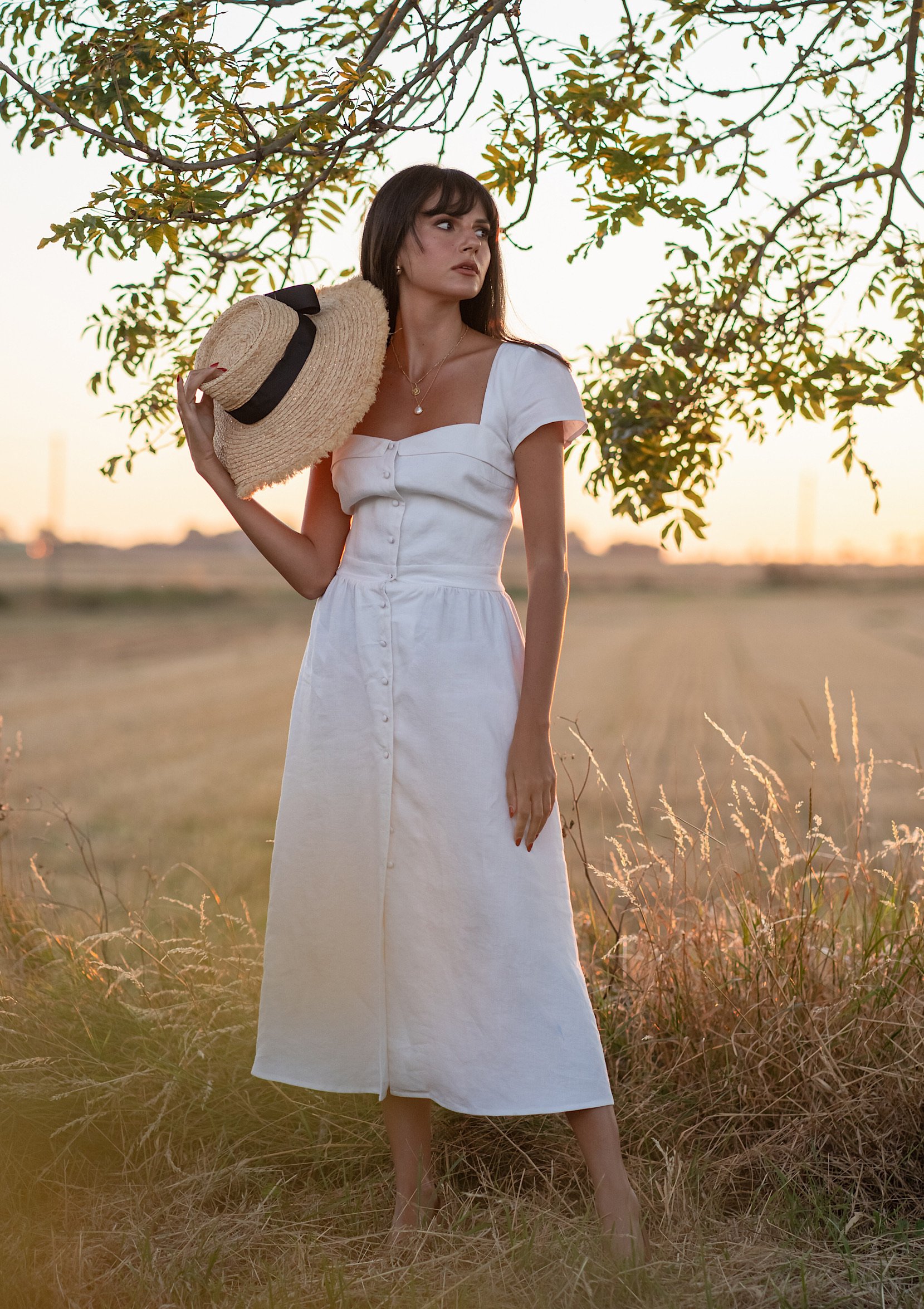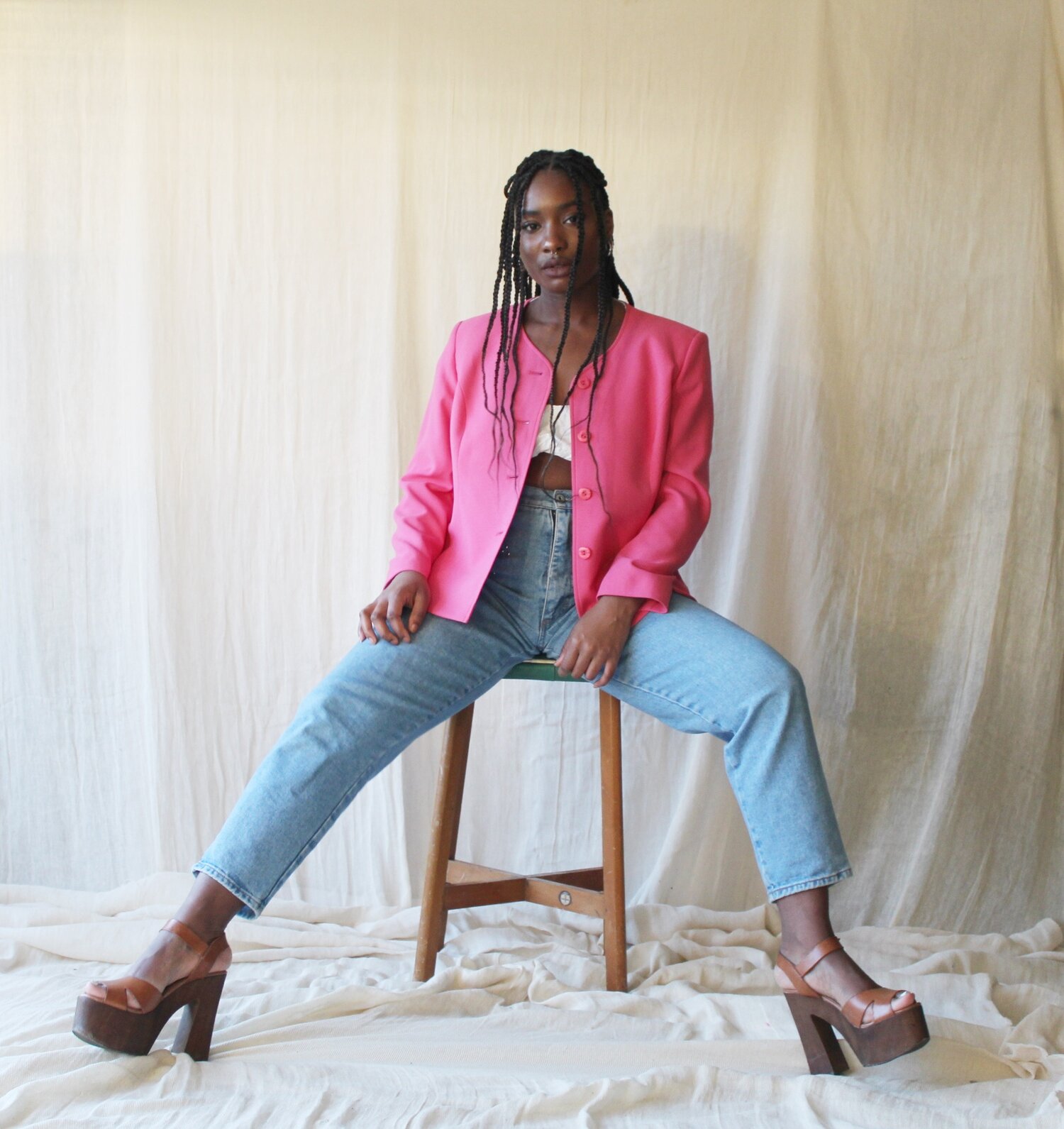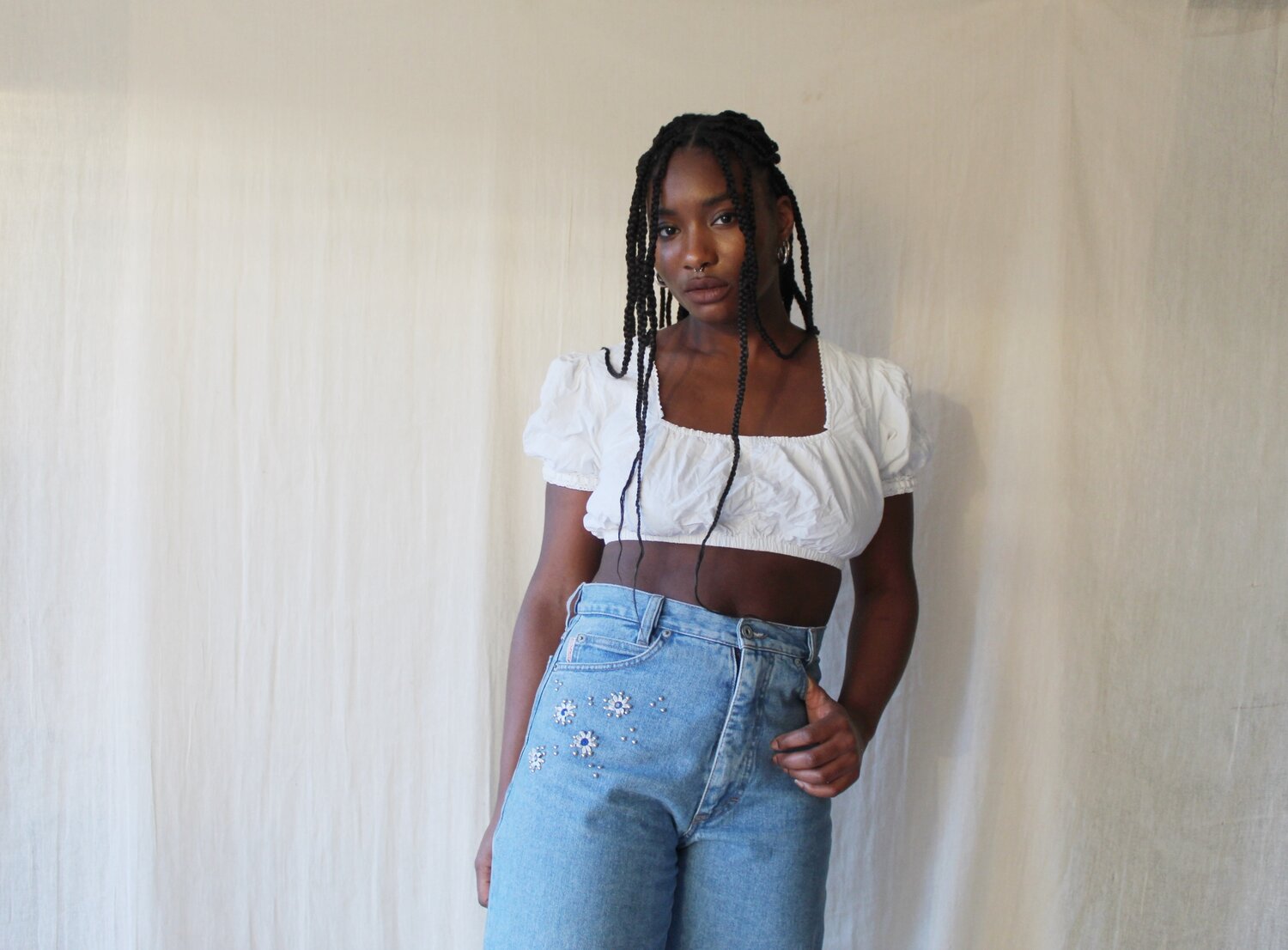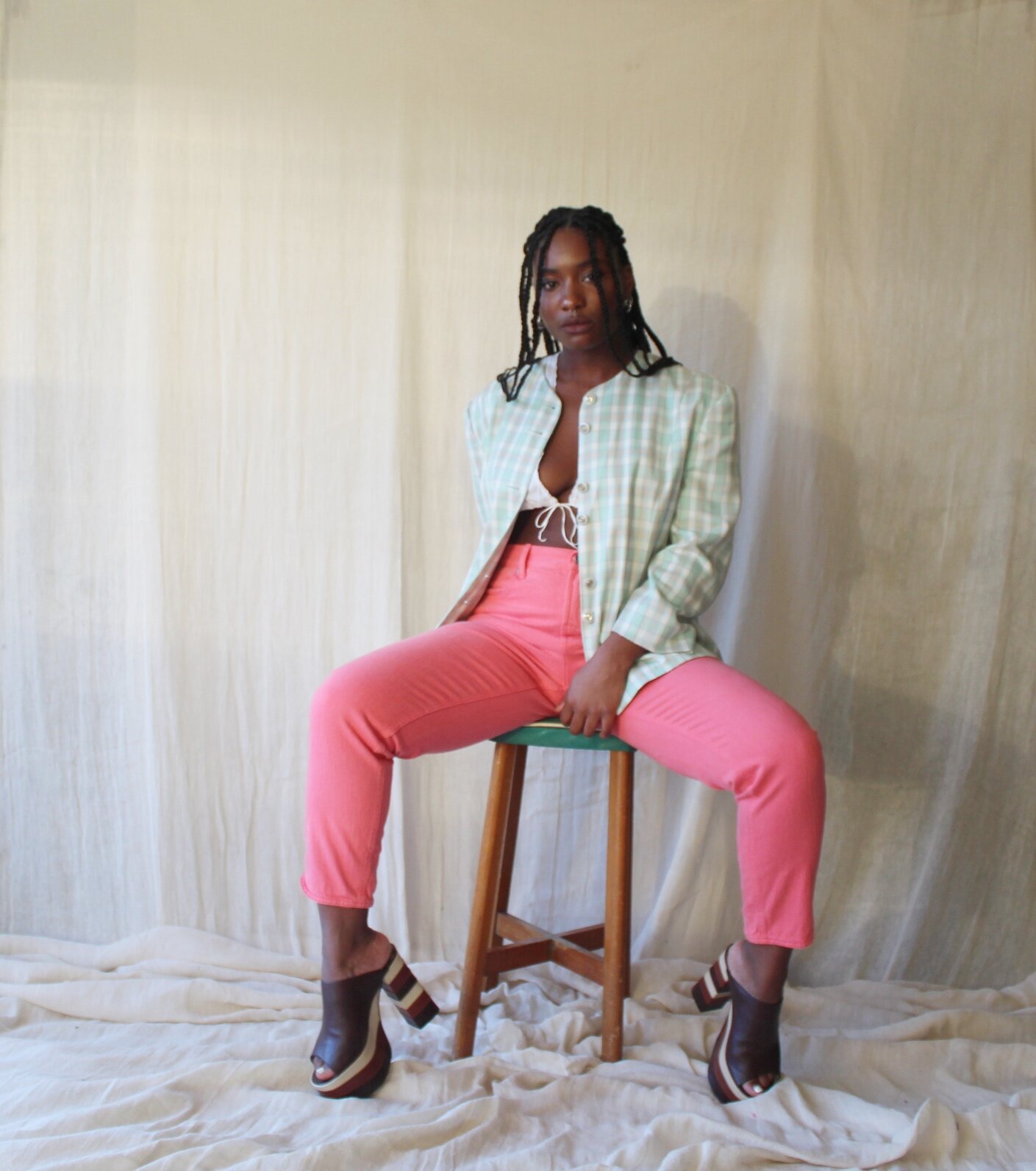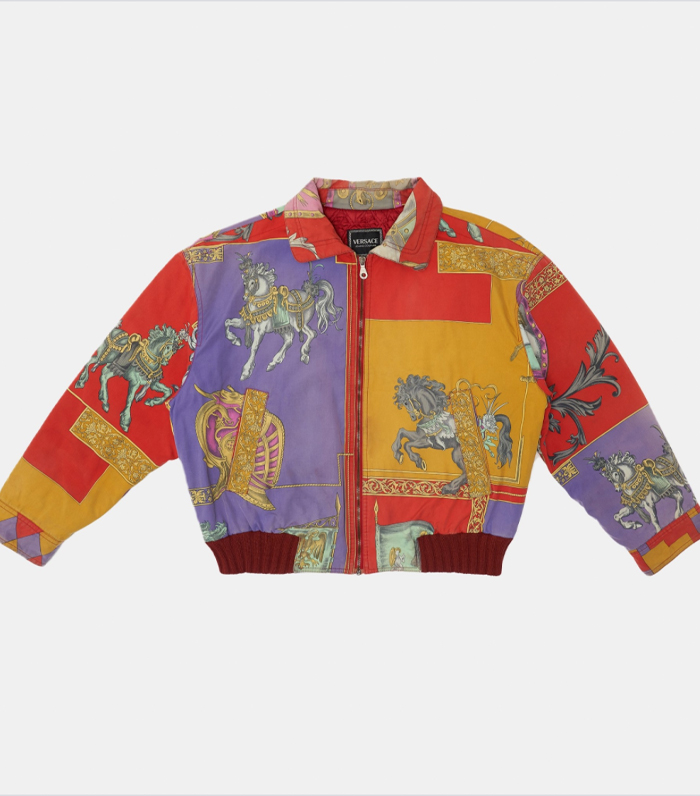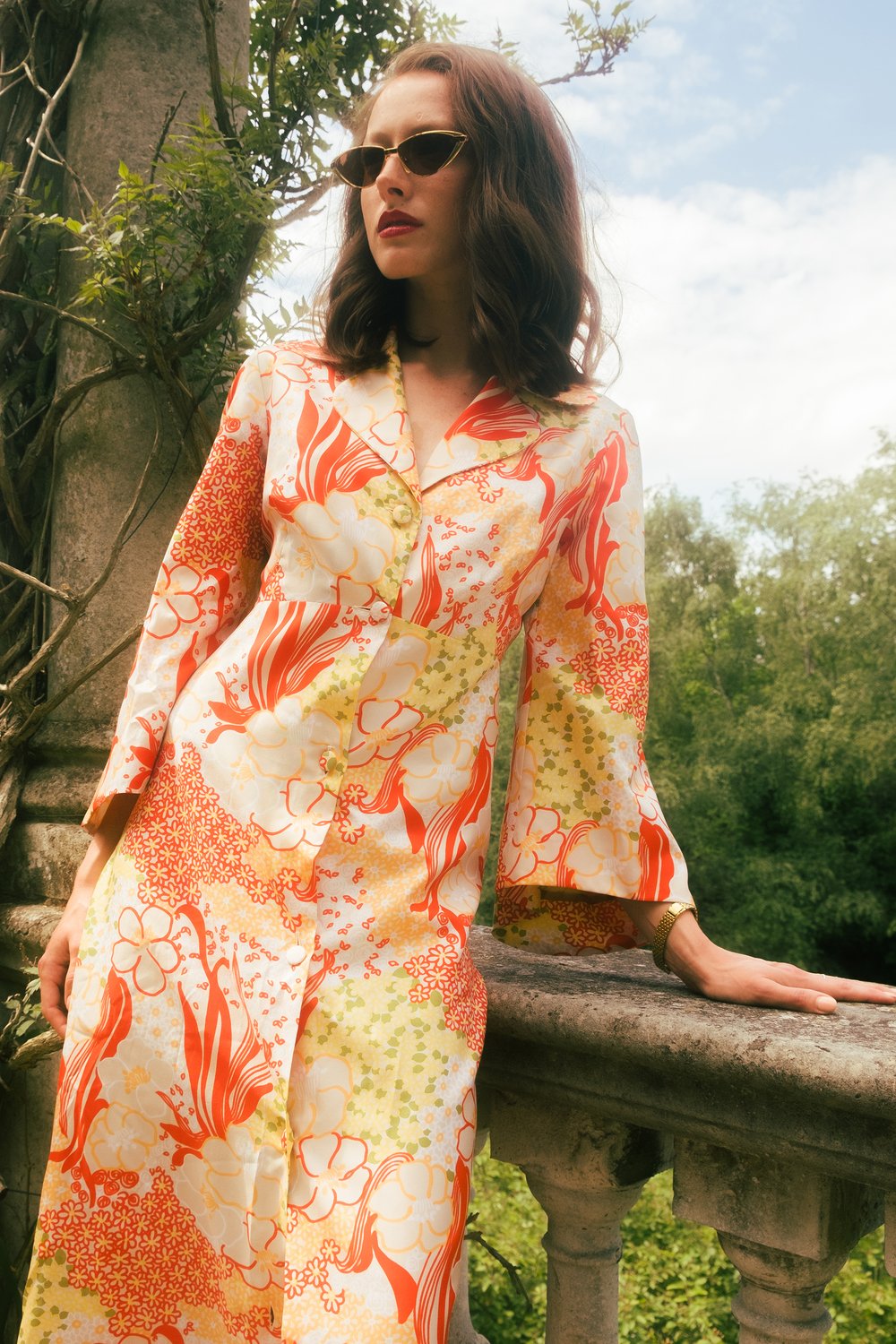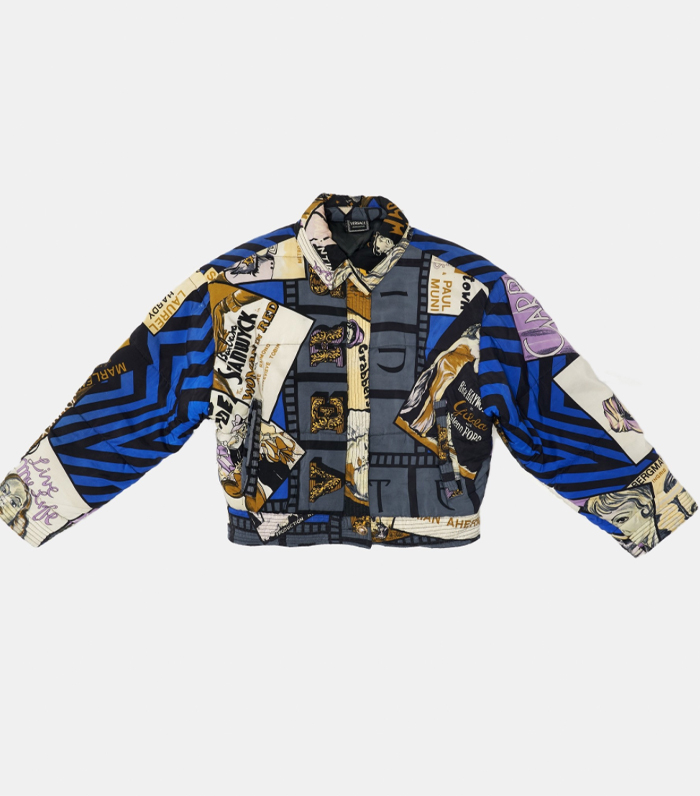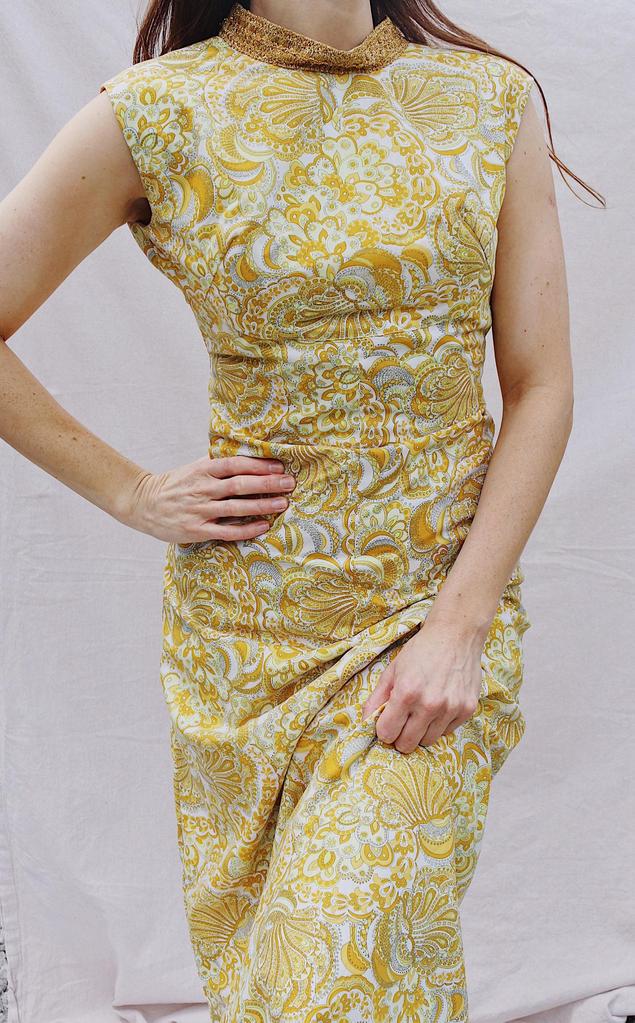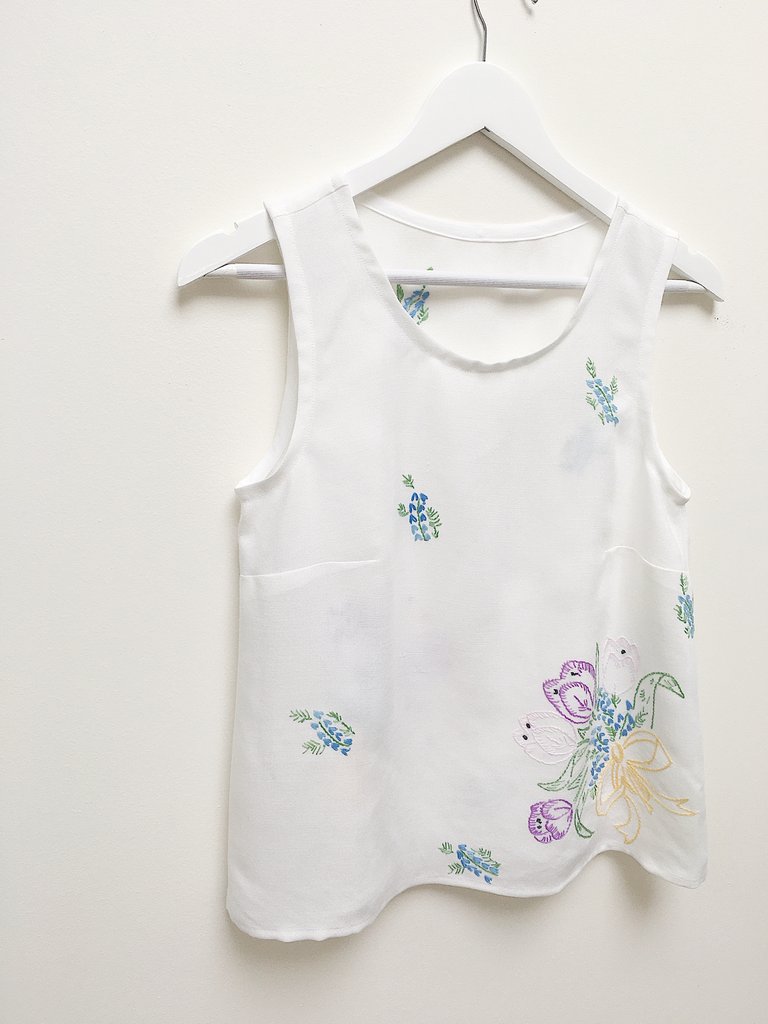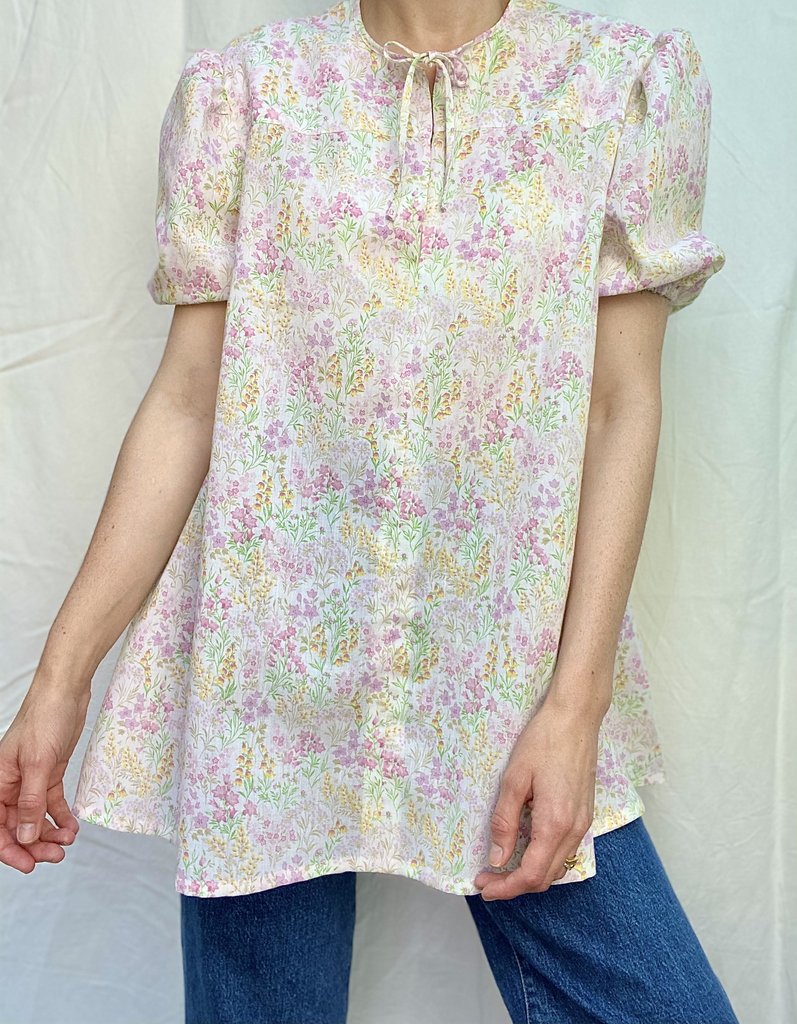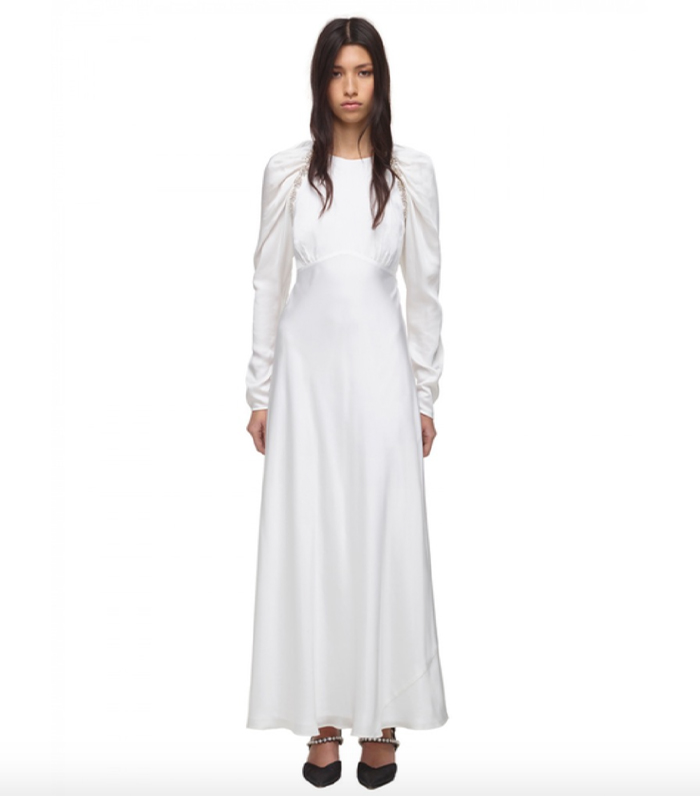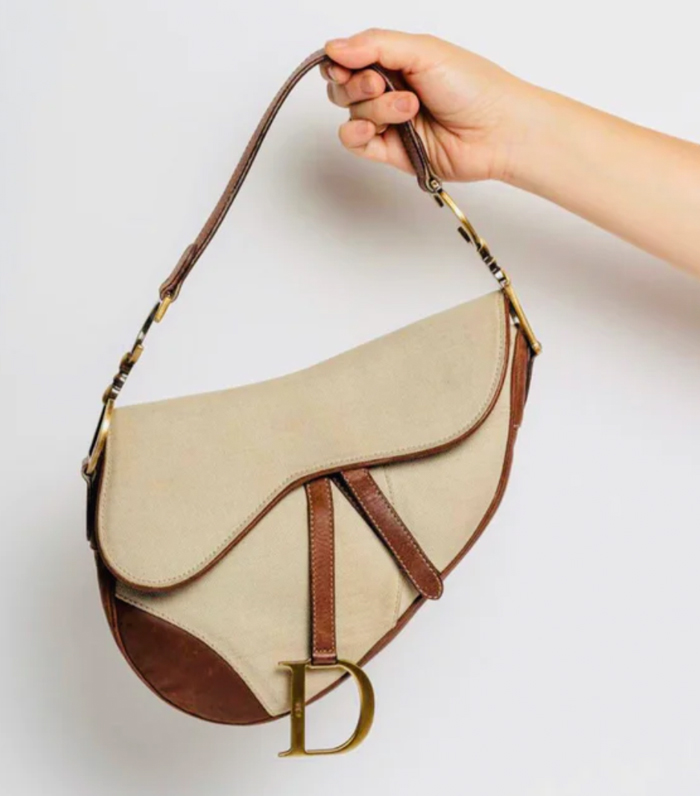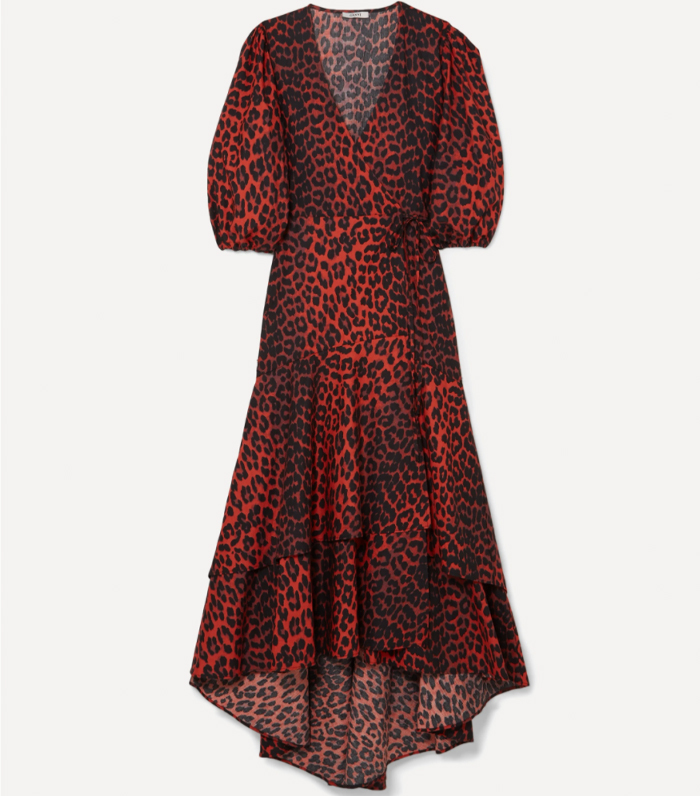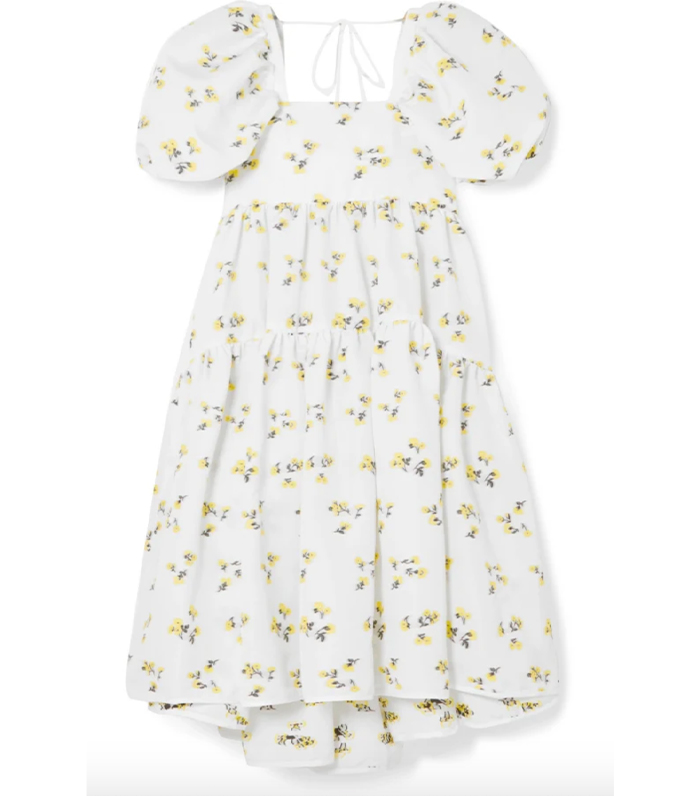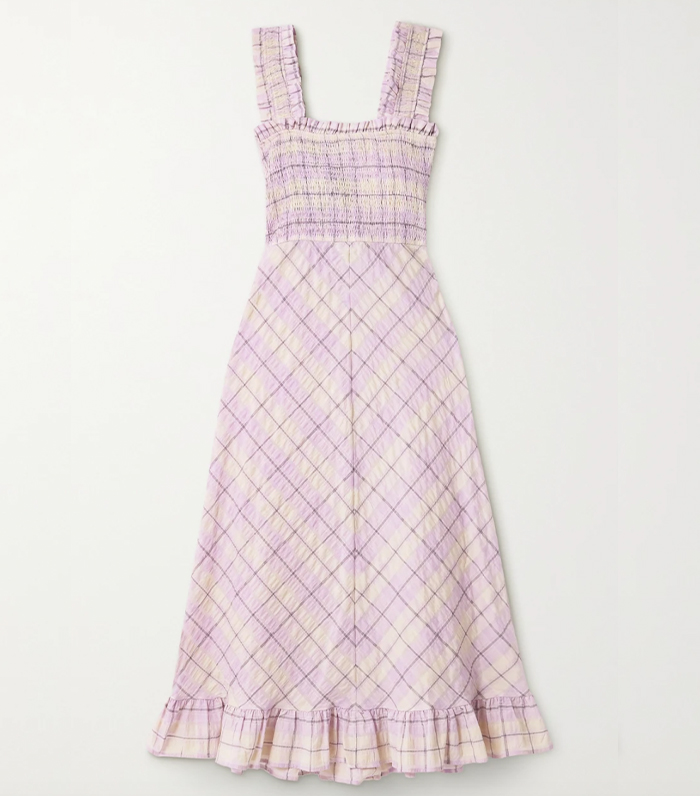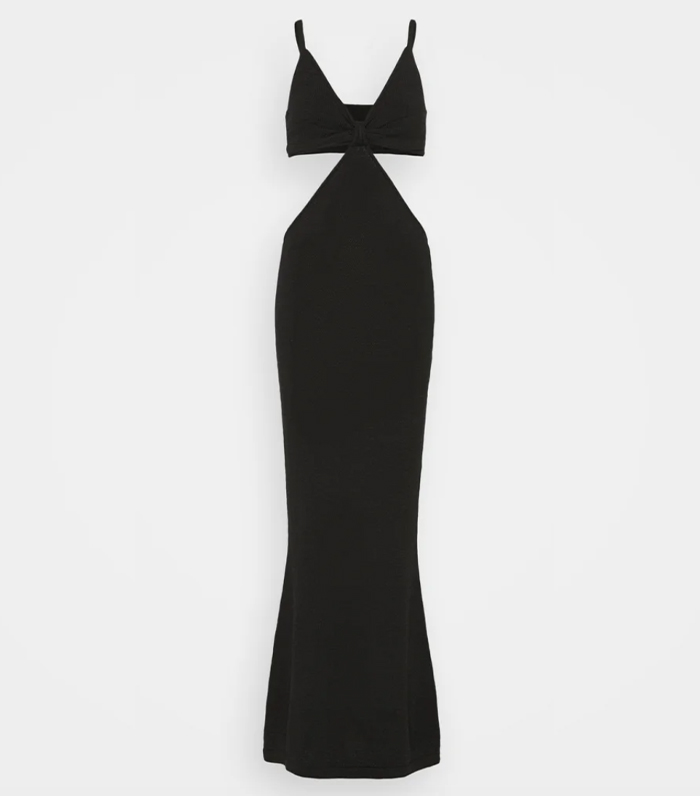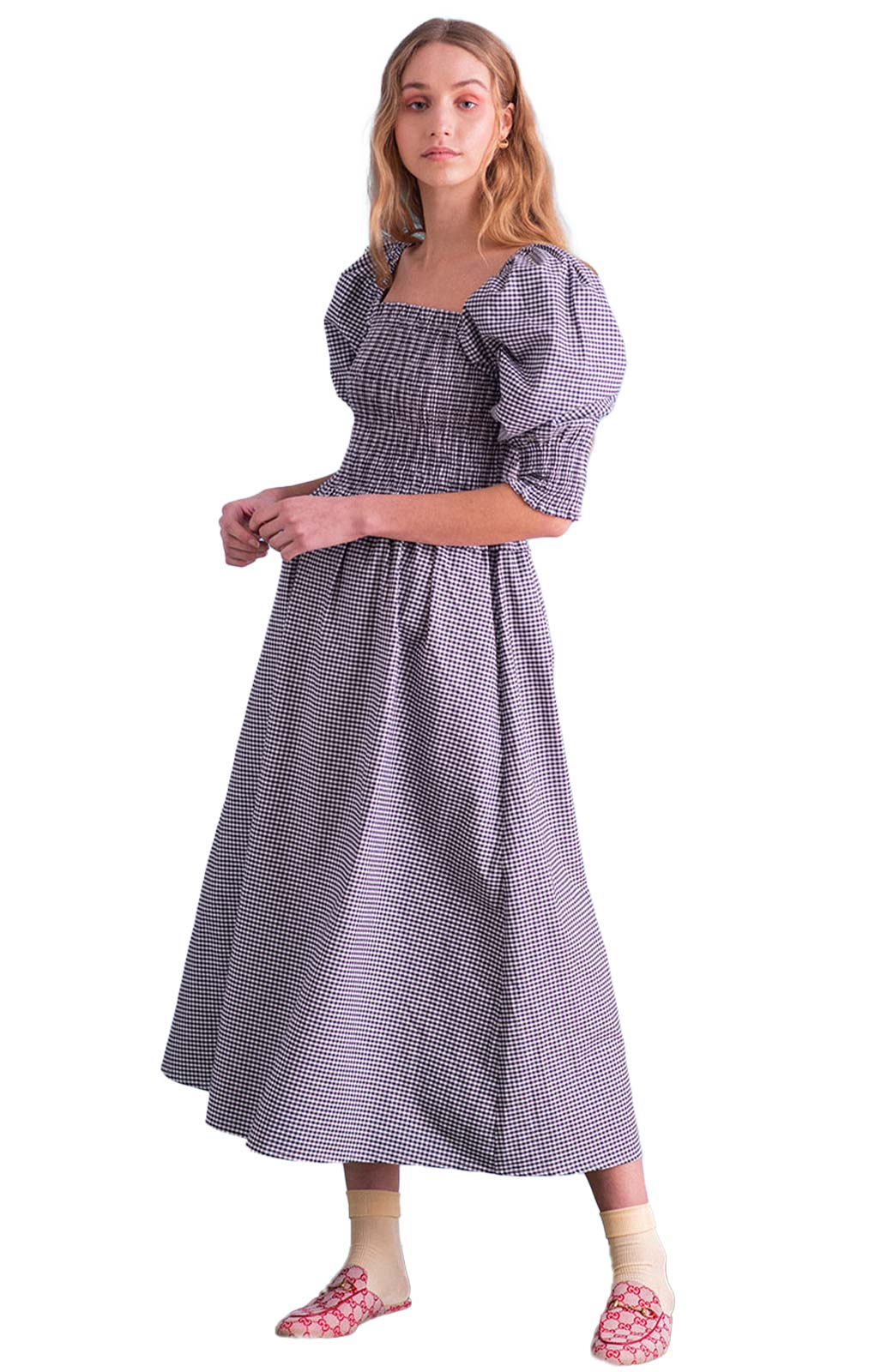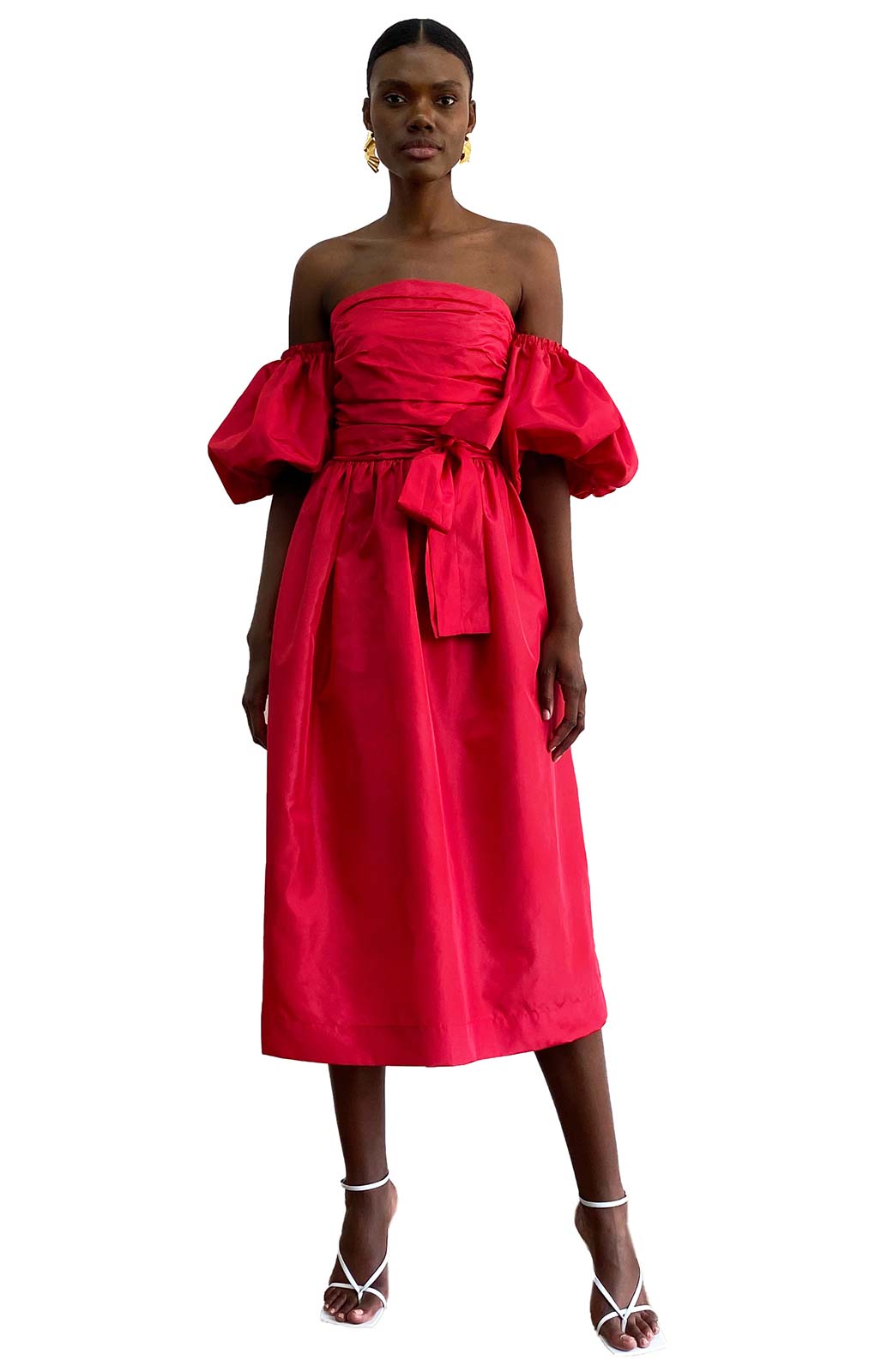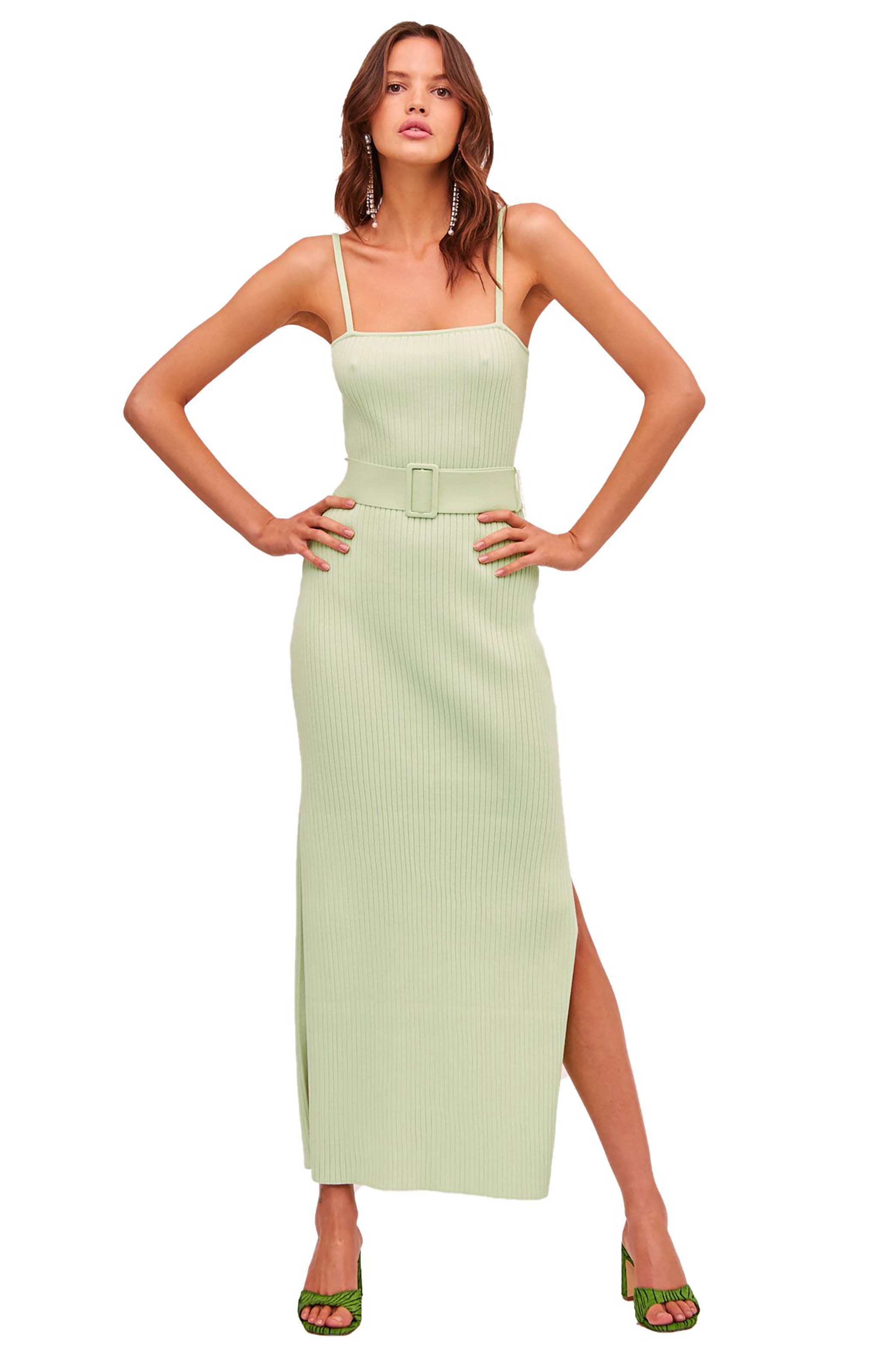11 Brands That Are Helping Us Rethink the Concept of Second-Hand

In 2012, when I studied abroad at the University of Texas at Austin, I became somewhat obsessed with shopping second-hand. During the time that I probably should have spent in the library, my friends and I would trawl through the city's unique thrift stores, tracking down and trying on the best items we could find. Whether it was a 1980s style Christian Dior purple power suit complete with covered buttons and padded shoulders or a simple floral cotton dress that looked like it belonged on the set of Dawson's Creek, we were always elated with our diamond-in-the-rough finds. While I am embarrassed to admit it, at the time, my second-hand shopping habit had very little to do with sustainability or the environment and much more to do with budget and perceived cool factor. Of course, I now know those two elements do not have to be mutually exclusive.
According to Oxfam, the UK sends an estimated 13 million items of clothing to landfill every week. Yearly, that is enough to equate to the weight of the Empire State Building. It's a sobering fact, to say the least. Luckily, through its own initiatives, Oxfam manages to save many garments from that fate. Though, there is still more that can be done.
While in the fashion industry September is traditionally epitomised by runway shows, street style images, and the general concept of newness, Oxfam is challenging us to rethink the month through its creation of Secondhand September. The initiative encourages everyone to consciously only shop second-hand for the entire month (and even beyond).
Of course, frequenting your local charity shop is one way to support this initiative. However, over the years, more and more innovative brands have launched, hoping to completely revolutionise the way we see the concept of second-hand. From highly curated, luxurious vintage edits to rental services and brands that manufacture using solely upcycled or discarded fabrics, the idea of second-hand is no longer just about your local charity shop.
With this in mind, we wanted to highlight a few brands that are helping us to reimagine the world of second-hand, whether it be turning quilts into coats, encouraging peer-to-peer rental as an antidote to fast fashion, or simply offering elevated vintage edits. Keep scrolling to discover 11 brands we love.

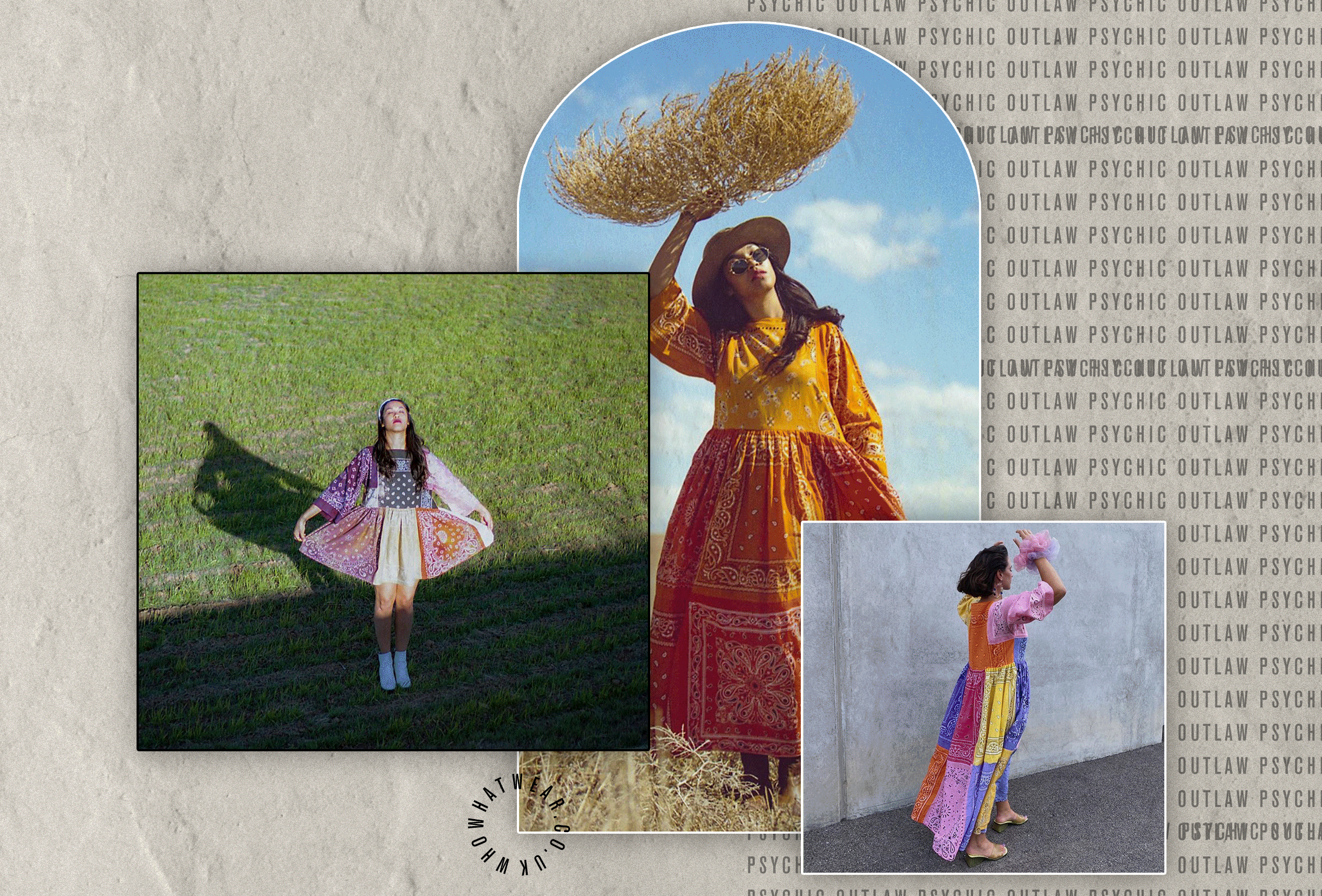
Even in my wildest dreams, I couldn't have thought up the enviably cool concept behind Psychic Outlaw, the Austin-based brand that upcycles bandanas to create dresses and upcycles old quilts to create coats and jackets. "Patchwork has always been something that I have been attracted to wearing because I feel that the randomness of colours and patterns suits my personality," explained the brand's founder. "It is also part of my childhood. My nana is a quilter; she was always making me clothing and blankets. There are so many creative ways to reuse what we already have!"
It's this exact thought process that makes Psychic Outlaw's business concept so unique. Where possible, the brand encourages customers to send in their own old bandanas and quilts for use in its custom clothing, resulting in the creation of items that are both uniquely personal and one of a kind. "Even just spreading the idea of making your own clothes and mending what you already own, as a trend, is wonderful to see," they added.
Shop Psychic Outlaw:
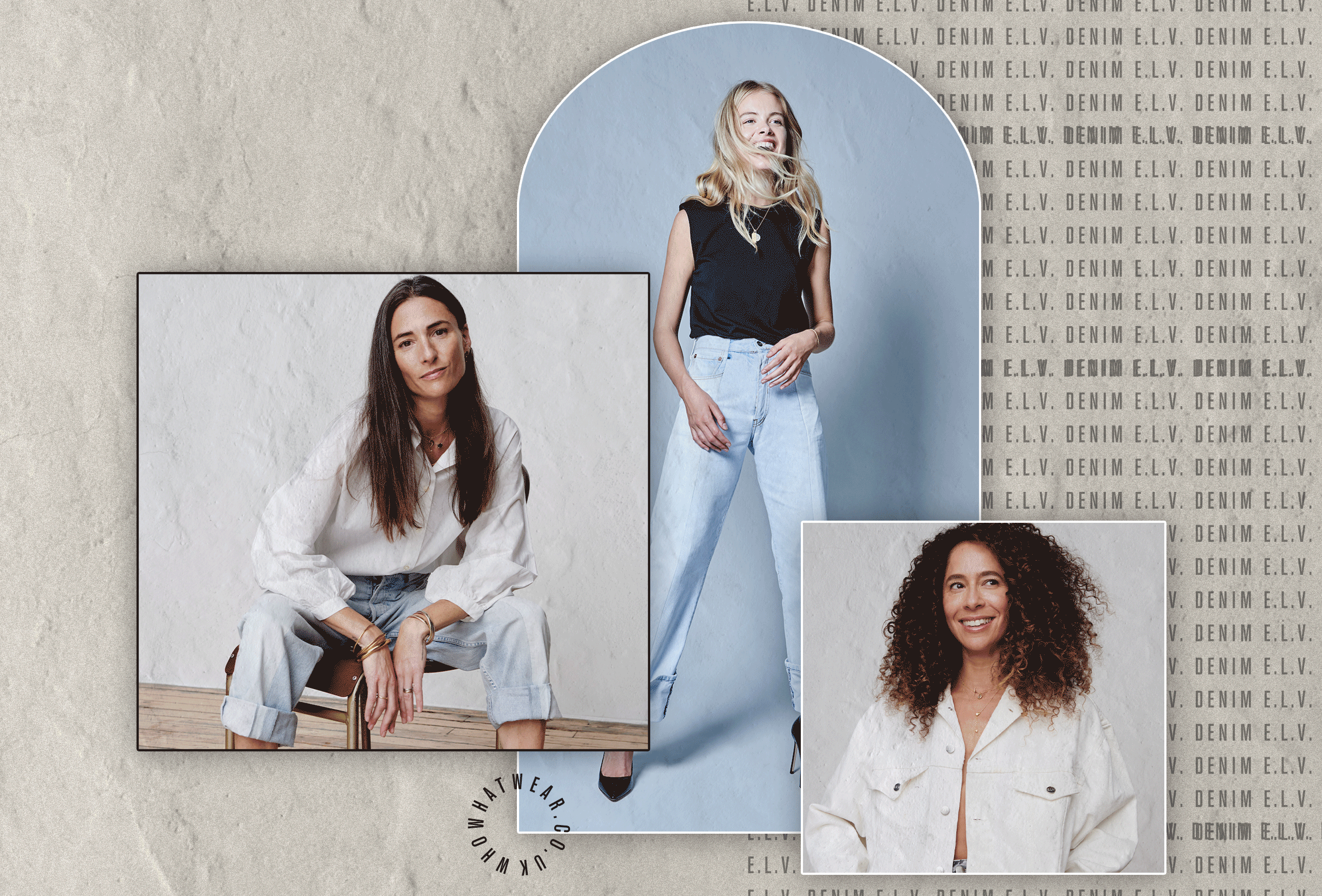
Did you know there are more jeans in the world than people? In fact, according to Newsweek, five billion pairs are produced annually. It was precisely this realisation that led Anna Foster to create E.L.V. Denim, the contemporary jeans brand that manufactures all of its products from upcycled denim right here in London.
"E.L.V. Denim was born from a desire to create something beautiful from things that are no longer wanted and discarded," explained the designer, who has instilled a zero-waste ethos in her company. (Even the brand's leather labels are made from discarded offcuts.) So why does Foster think Secondhand September is so important? "The consumer has the power, and if they make those choices to shop consciously, all businesses that don't adhere to environmental and social values will have to change to survive—that’s the dream," she said.
Shop E.L.V. Denim:
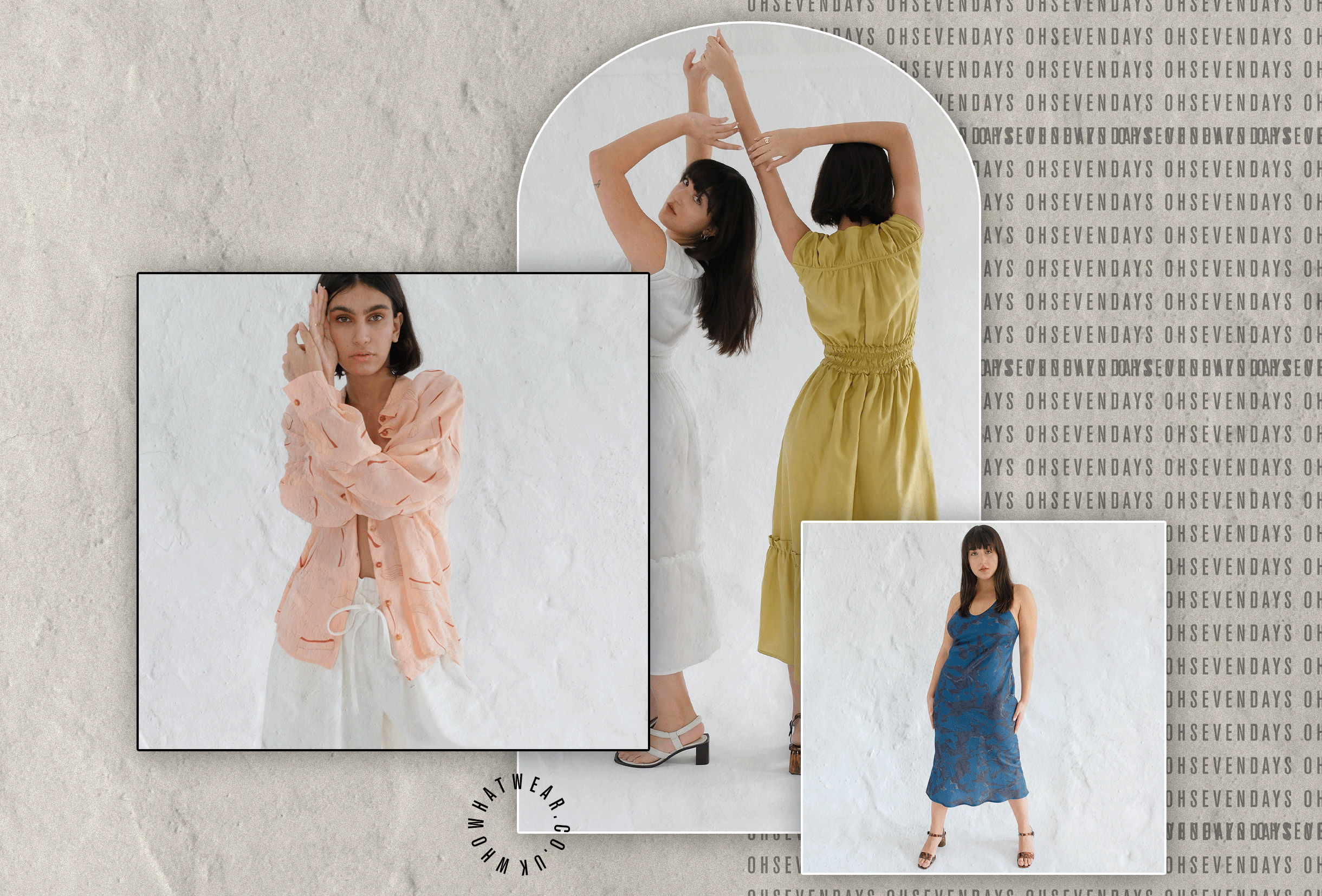
"We need to make a fundamental societal shift in the way we consume not just fashion but everything we buy," Megan Mummery, founder of OhSevenDays, explained. "This disposable fashion culture we've found ourselves in is causing between 4 and 8% of the world's global carbon emissions!"
After moving to Istanbul, Mummery experienced the impact of the fashion industry first-hand when she discovered the huge number of surplus fabrics that are discarded by larger factories each year due to small faults or miscalculations. "I saw an opportunity to use this resource," she explained. "By slowing down our production stage and carefully removing the faulty areas from the fabrics, we've been able to use 90% of the deadstock that would otherwise go to landfill or be burnt."
Now, OhSevenDays proudly claims to "make slow fashion from fast fashion's leftovers." The brand even has a section on its website for Zero Waste Misfits, where customers can purchase stock with small faults for a discounted rate so that no product is thrown away.
Shop OhSevenDays:
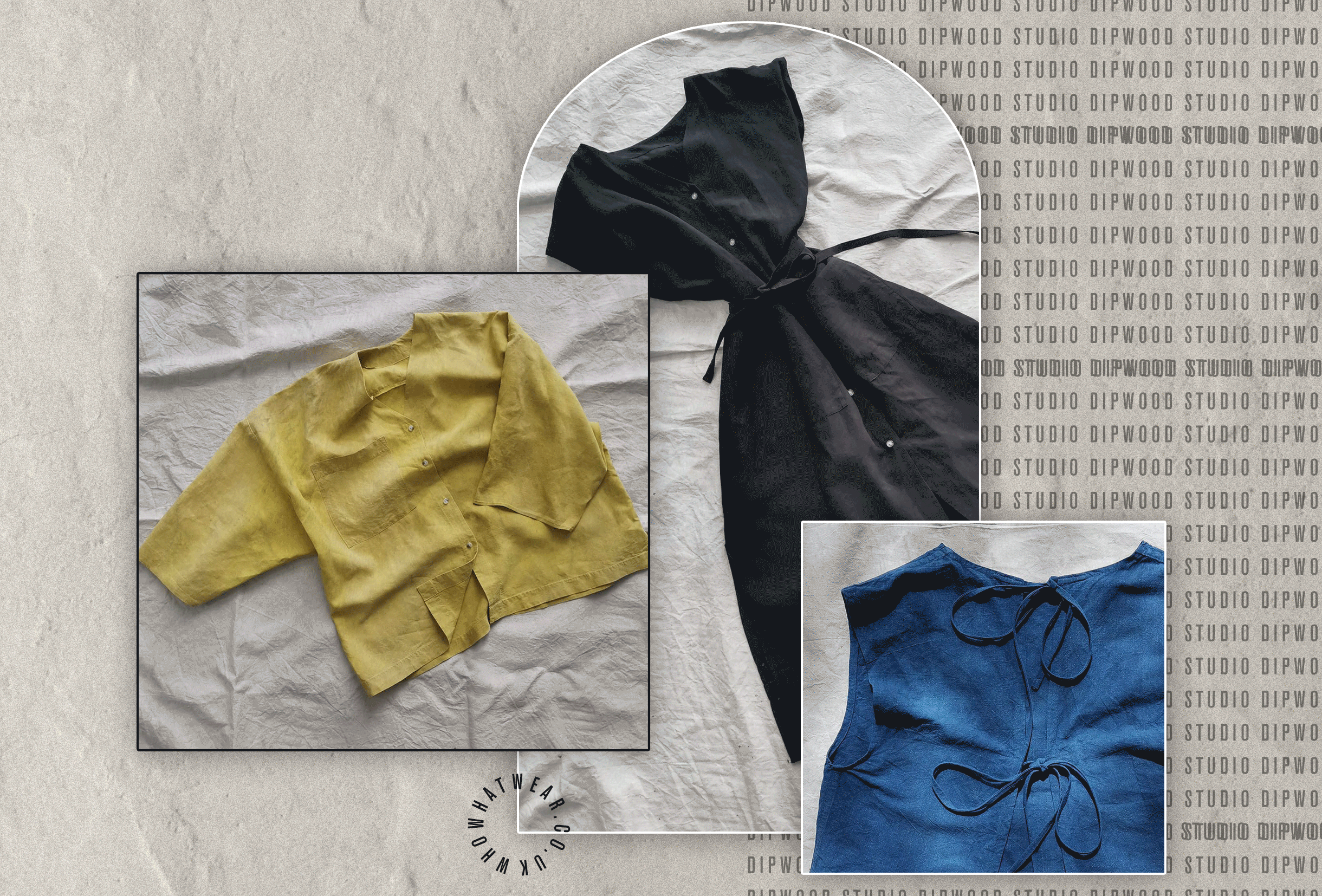
Created in North East England, Dipwood Studio lovingly makes its pieces from vintage linen (some of which still features its original delicate embroidery) or deadstock fabric. The brand's founder, Abigail Nicholson, was originally purchasing new linen but then had a change of heart. "When I started to think about my responsibility to the environment and what I wanted my brand to stand for, I started to think about no longer using new fabrics. I wondered could I find vintage linens and started to source these beautiful French antique bed linens," she explained. "Linen is also really good for dyeing, so I will dye indigo or black using local plants I have foraged."
Releasing seasonal collections (which tend to sell out quite quickly), each of Dipwood Studio's pieces contains its own unique history, which is something the designer aims to honour. "There's such a history to the pieces. I always like to have a moment of respect and thanks to whoever had worked on the production of the linen in the past," she said.
Shop Dipwood Studio:
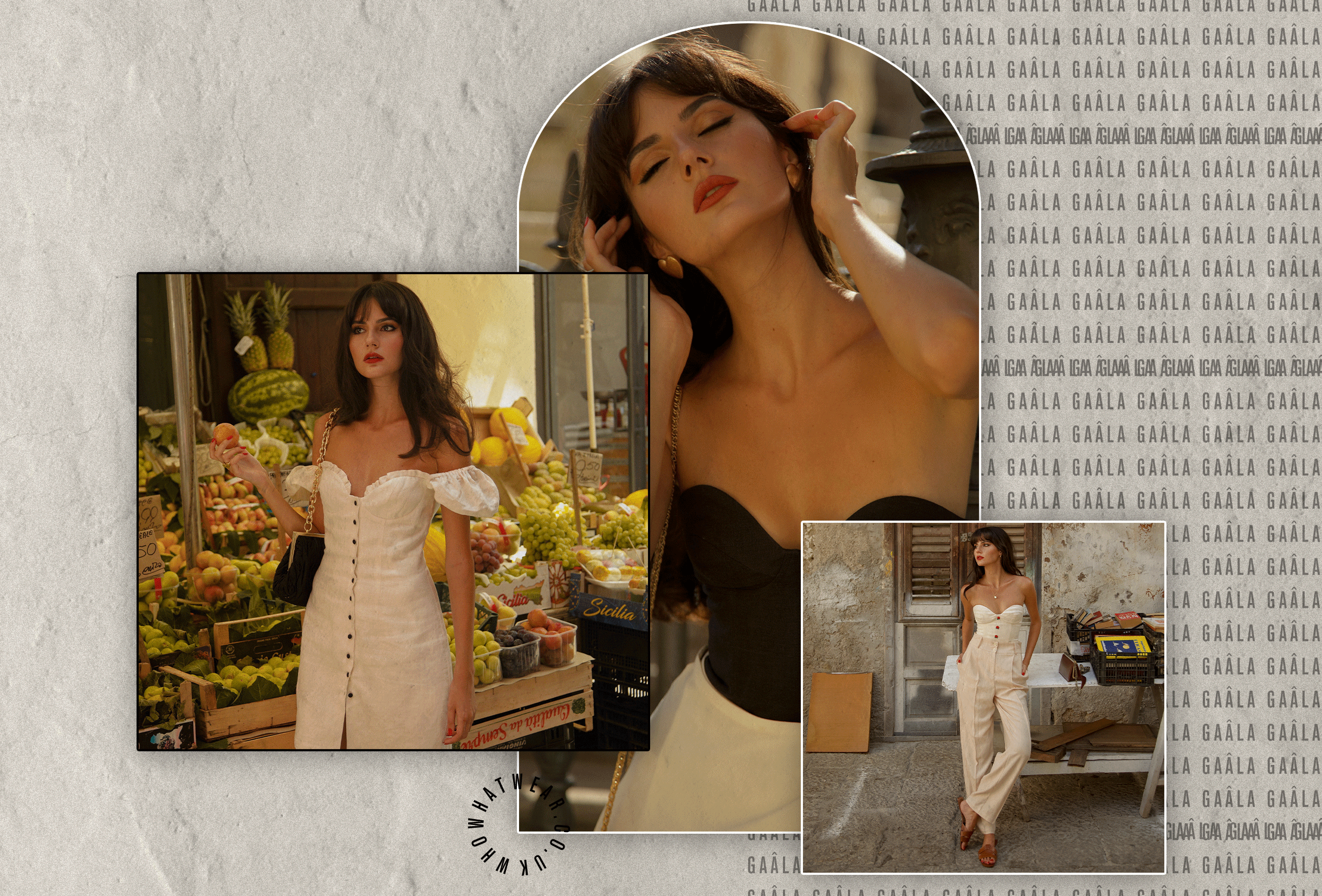
"Giving clothing a longer life to reduce the damaging effects that waste has on our planet is something that I am very passionate about," said Kelly de Gaalon Founder of Gaâla, who remembers watching her mother hand-sew clothes and make adjustments to existing hand-me-downs as a child. "I dreamed of launching my own clothing brand, yet I knew that I had a responsibility not to contribute to the fashion industry's careless consumption model."
It was this responsibility that led de Gaalon and her husband to the decision to craft their product exclusively from deadstock fabric left behind by other fashion houses. The brand now sources leftovers from factories in China and Italy, creating limited production runs to minimise waste.
Shop Gaâla:

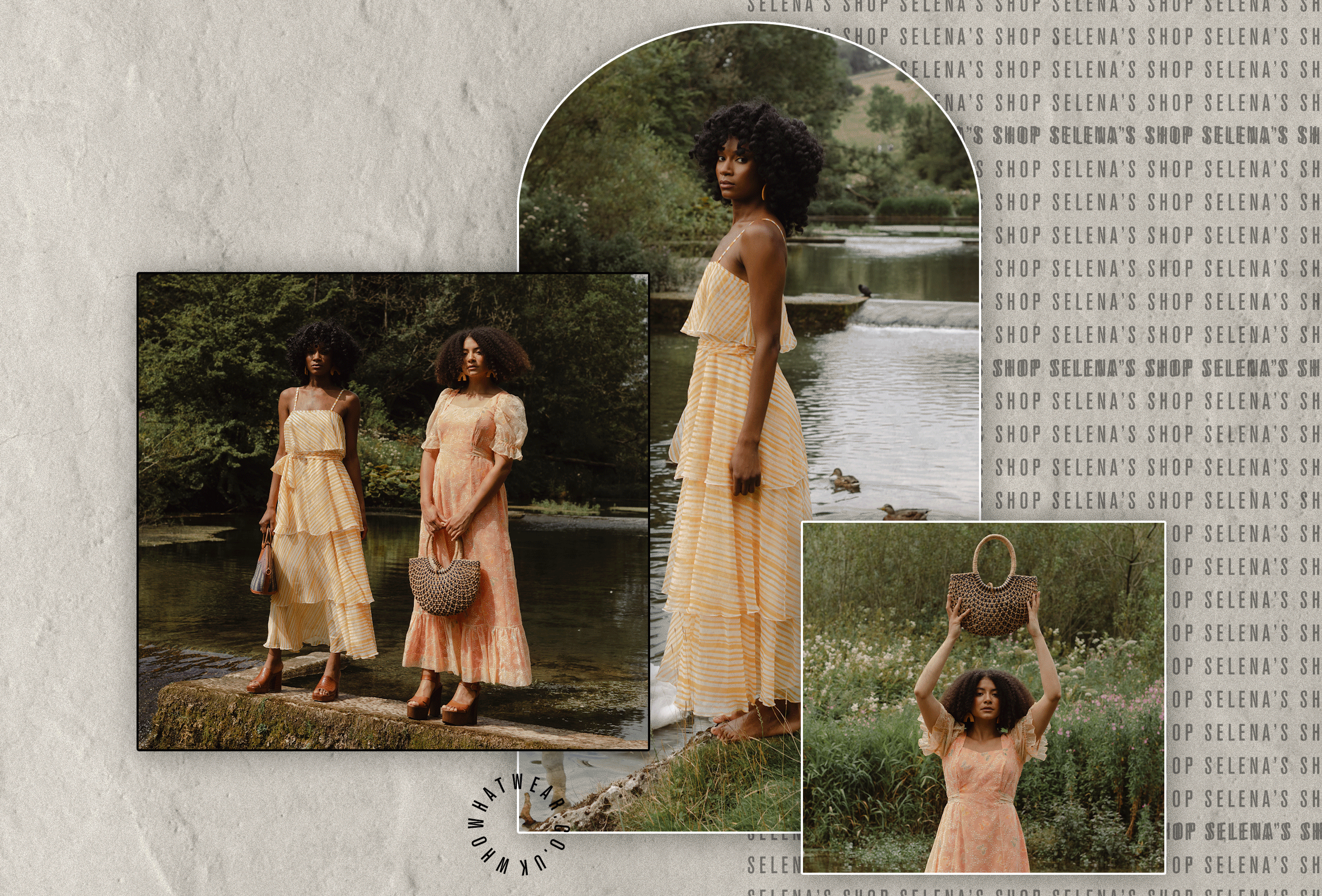
"I grew up going to car boot sales every weekend with my grandparents and rummaging in charity shops with my mum, so the thrill of finding a vintage treasure has stuck with me," explained Selena Williams, founder of Selena's Shop. "Selena's Shop grew from my love and passion for vintage clothing."
With each item hand-picked by Williams herself, Selena's Shop stocks clothing, accessories, and even homewares. "You can own a one-off piece of amazing clothing that has already stood the test of time," the founder said, elaborating on her affinity for vintage. "And by doing this, you will also be helping our environment, as the fashion industry is one of the biggest offenders when it comes to pollution." Featuring carefully curated items shot against beautiful backdrops, Williams is proving that, despite its history, vintage clothing can, in fact, feel entirely modern.
Shop Selena's Shop:
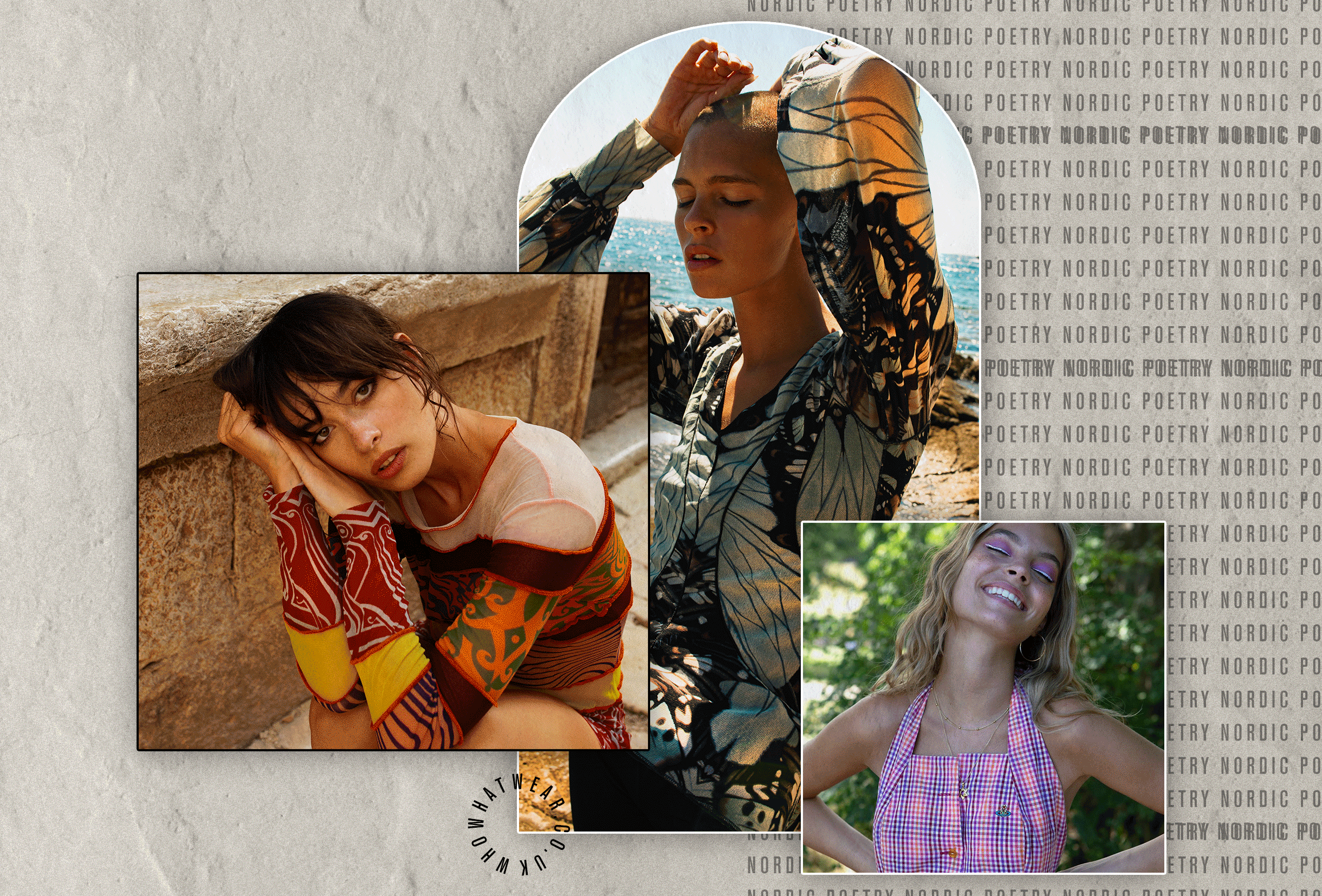
After she spent her teenage years rummaging through thrift stores in Sweden, it was a natural extension for Ameli Lindgren to create her own vintage brand, which is how Nordic Poetry came to be. Specialising in unique, luxury designer finds, Nordic Poetry has become a beloved go-to amongst fashionable Londoners.
"To consume consciously does not mean you have to sacrifice your style," Lindgren said. "Shopping vintage allows you to purchase unique pieces that reflect your personality and help to express your individuality." In terms of her thoughts on Secondhand September, Lindgren explained, "In our world, every month is Secondhand September."
Shop Nordic Poetry:
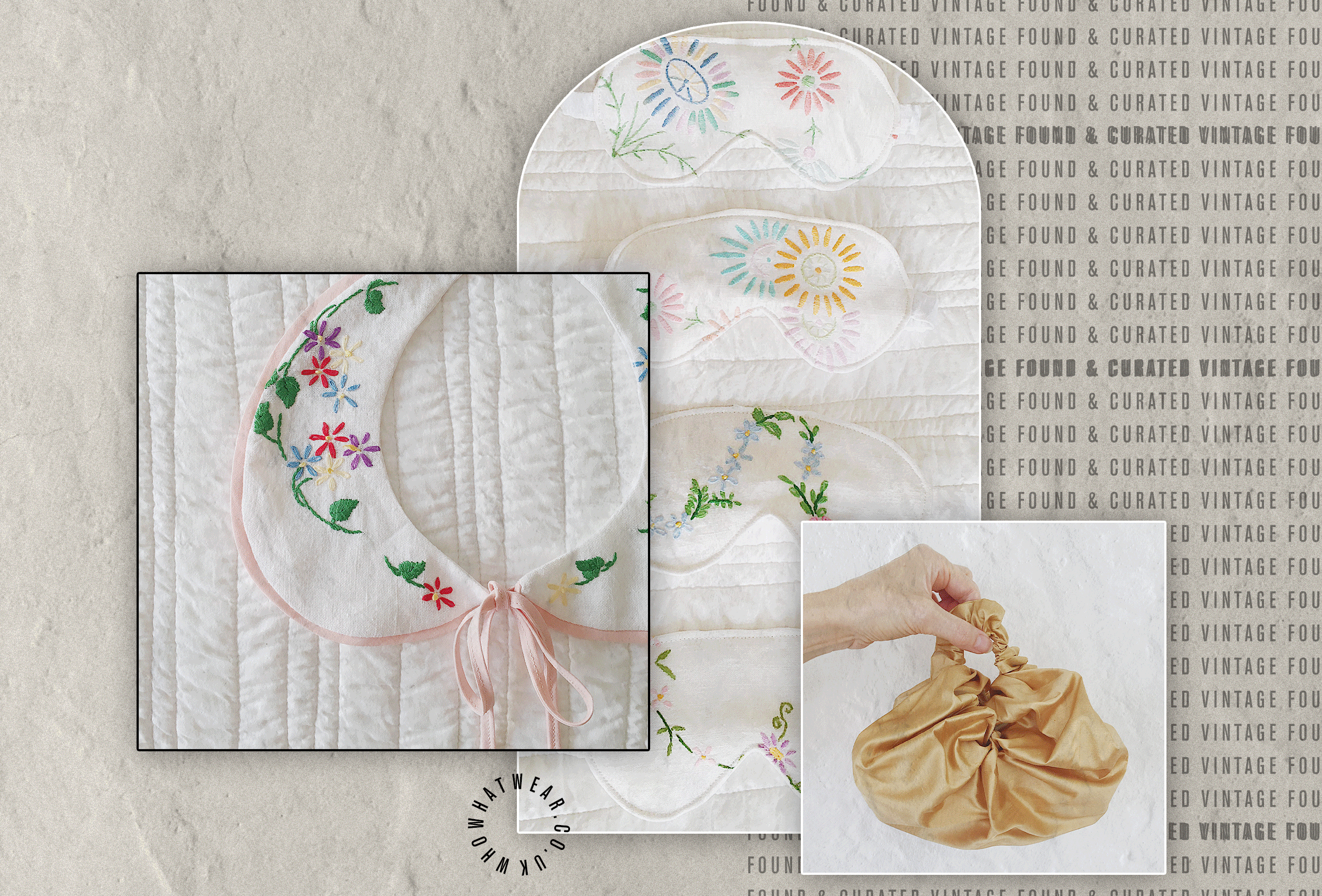
"I love the idea of wearing something unique and special that has a history. I even wore vintage on my wedding day," said Helen Emberton, founder of Found Curated Vintage. "I want to banish the preconceptions that vintage clothing is filled with musty, boring, unwearable, old-fashioned pieces and instead get those that are quick to hit the high street to check out a pre-loved option first."
Aside from her vintage offering, Emberton also creates upcycled garments of her own, sourcing vintage fabric that would otherwise end up in landfill and giving it new life by turning it into handmade blouses, bags, or on-trend detachable collars. "Wearing vintage clothing isn't all about wafting around a meadow in a vintage Laura Ashley dress. Instead, Secondhand September has demonstrated how pre-loved items can still look fashionable and fit into your existing wardrobe," she explained. (We couldn't agree more!)
Shop Found Curated Vintage:

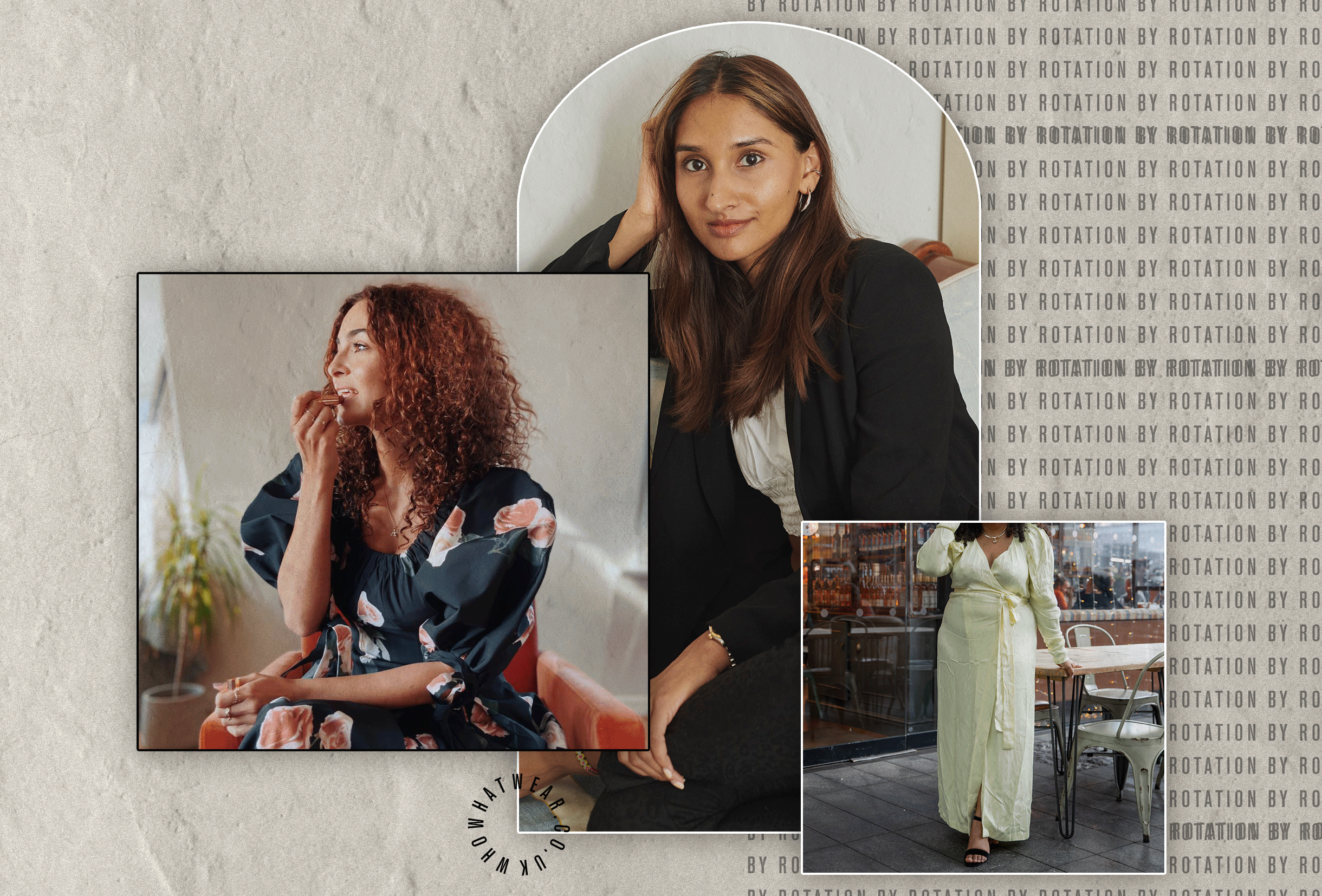
Conscious of the way the fashion industry was impacting the world, Eshita Kabra-Davies created a peer-to-peer fashion rental app, By Rotation, with the aim of transforming the way we consume.
"I noted a lack of fashion rental options in the UK, and upon further digging, I discovered the extent to which the fashion industry is responsible for pollution and modern slavery. That's when I decided to take the traditional fashion rental concept a step further by creating a community of regular people who love and share quality fashion with each other," the founder explained. As a fashion devotee herself, Kabra-Davies wanted to create "a like-minded yet diverse community with which [customers] can confidently experiment with their style, as opposed to turning to fast fashion to satisfy every whim."
The brand's slogan #WhatsMineIsYours perfectly encapsulates this vision, championing the concept that our outfits don't always need to be new to feel new.
Shop By Rotation:
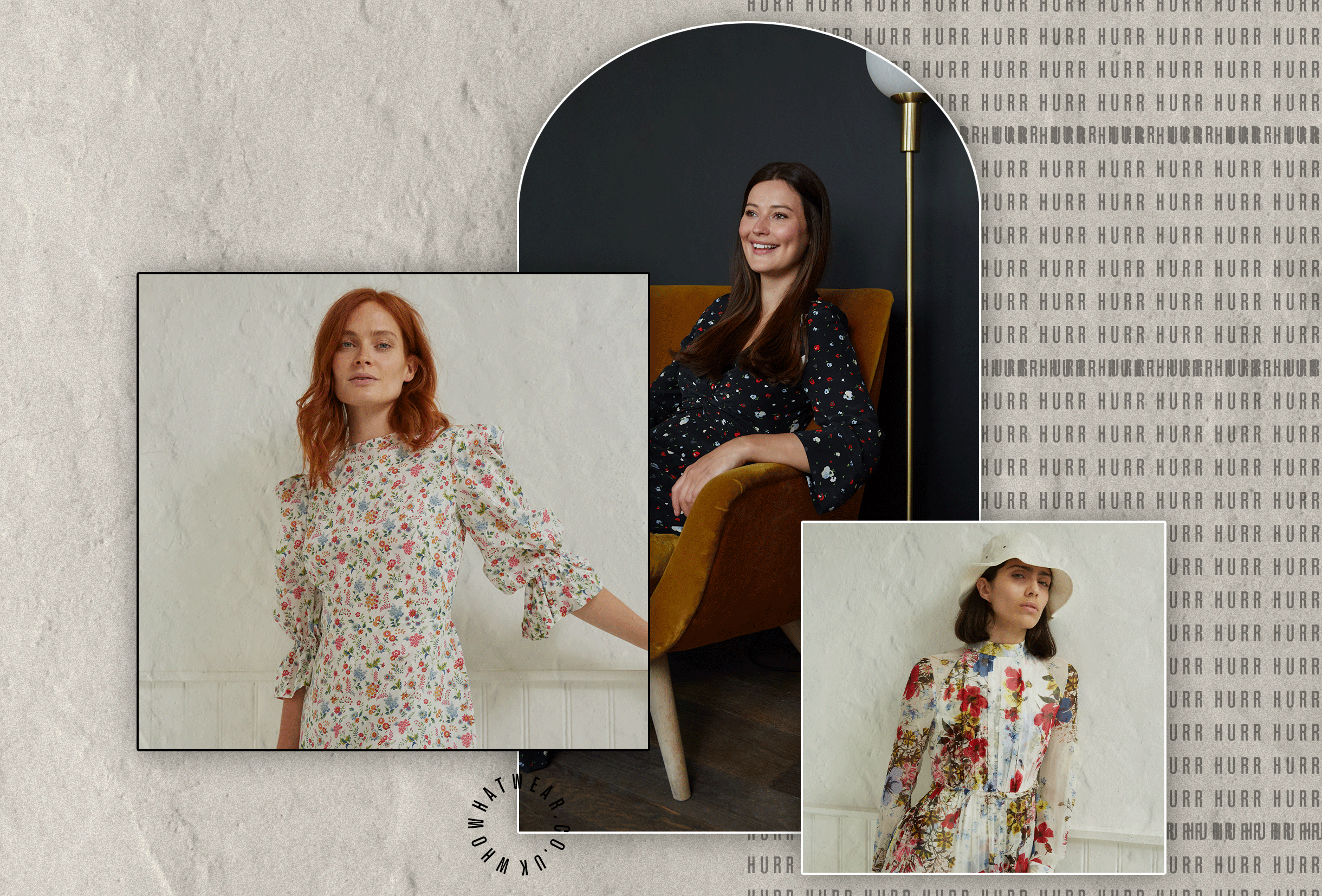
"As a millennial, I'm of a generation that doesn't question shared ownership," explained Victoria Prew when asked about the thought process behind the founding of her clothing rental company, Hurr. "I've witnessed the rise of disruptive tech-first businesses such as Uber and Airbnb—we rent cars and houses, so why not our wardrobes?"
Enabling customers to wear high fashion at fast-fashion prices, Hurr's peer-to-peer rental model provides "the fast-fashion customer with a smarter way to shop that's matched on price but without the environmental impact." The company has also recently partnered with Selfridges, allowing its customer base to access Wholesale Replica Bag designer and contemporary collections without the commitment of making an investment purchase.
Shop Hurr:
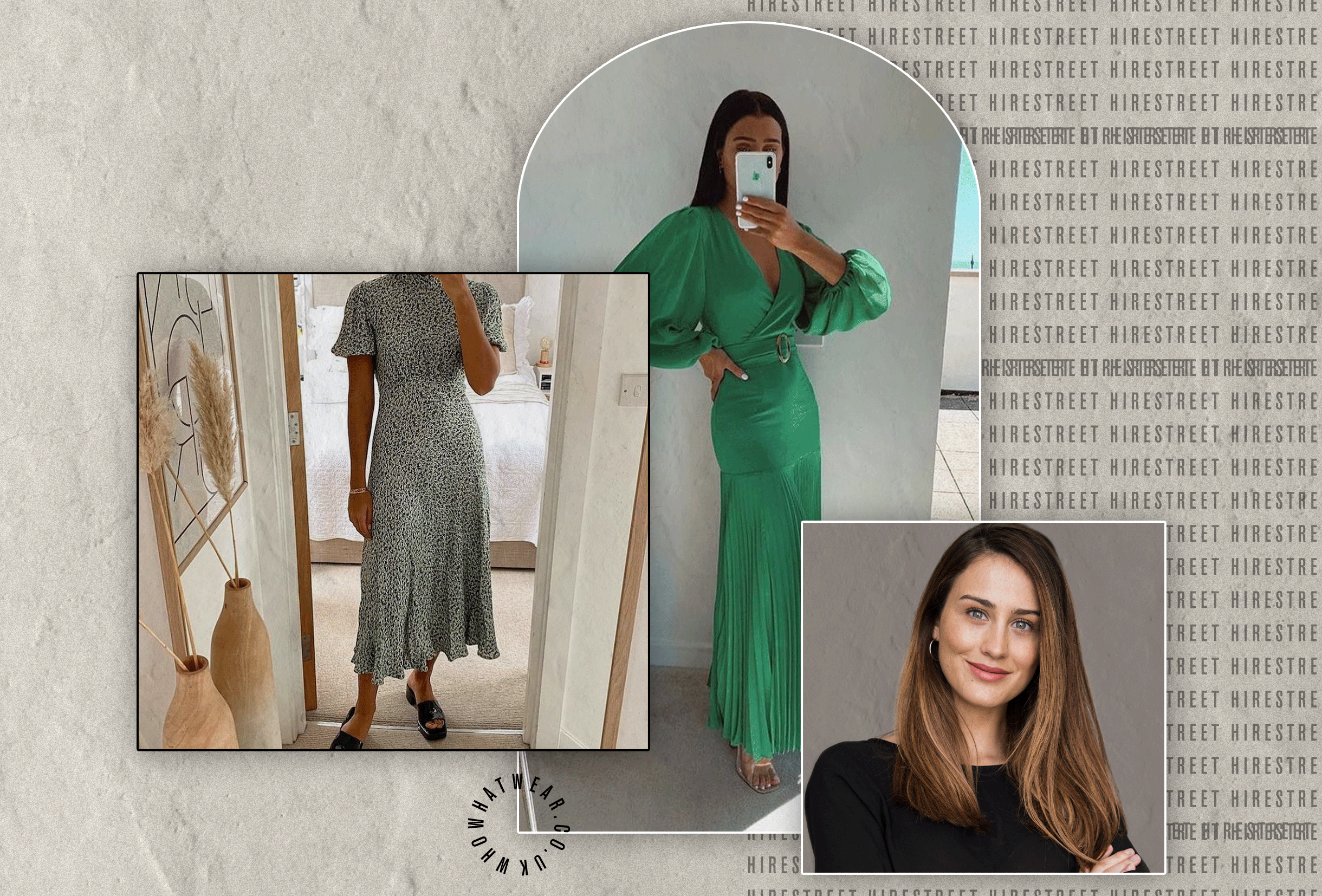
The concept behind Hirestreet is really simple, founder Isabella West told me. "We stock beautiful dresses (the type often worn only once) by some of the most incredible designers and retailers—such as Rat Boa, Talulah, Whistles and Ghost—and by using bespoke technology, we aim to maximise the number of times those items are worn."
"When I was younger, I was guilty of ordering outfits from ASOS and Zara and wearing them only once or twice," West admitted. Though, now, she's proudly a part of the solution to combat that culture. "Many of our dresses have been to over 50 different events! For each dress that means 50 fewer items purchased and worn once, thereby massively reducing the associated waste."
West believes the way to move forward is to help educate customers as much as possible: "At Hirestreet, we have a simple message for customers: One in five garments need to be traded via circular models by 2030 to hit climate targets. We need to move to a world where renting and buying second-hand are seen as a go-to for at least 20% of fashion all-year round (not just in September!)."
Shop Hirestreet:
Next up, the biggest autumn/winter 2021 trends you need to know.
Fashion journalist Zoe Anastasiou relocated from her homeland of Australia to the UK in 2019 to becomeBest Knockoff Luxury Clothing UK's Fashion Editor, covering a parental leave role at the time and then staying on to be the Social Media and Fashion Editor until 2021. She later held positions at Marie Claire UK and freelanced in the British fashion industry before returning home to pursue a role in content strategy.
